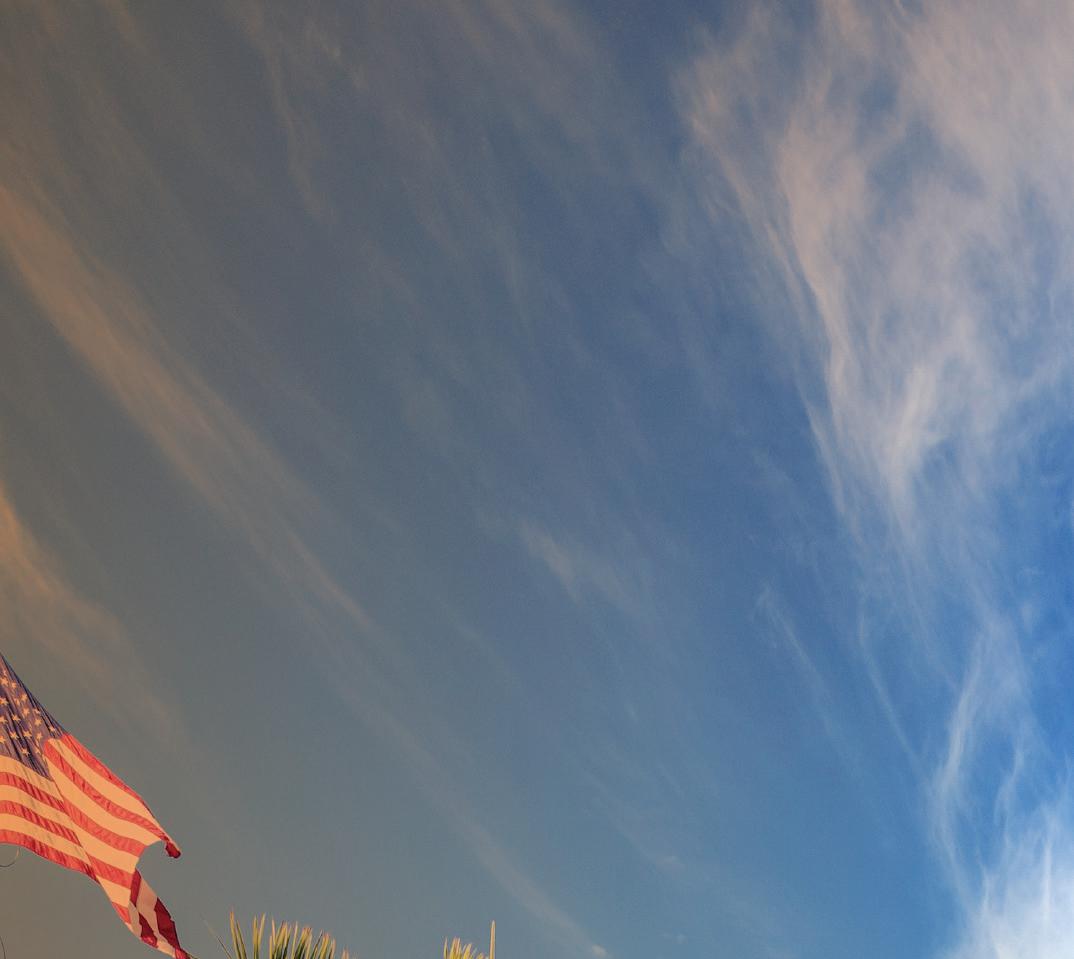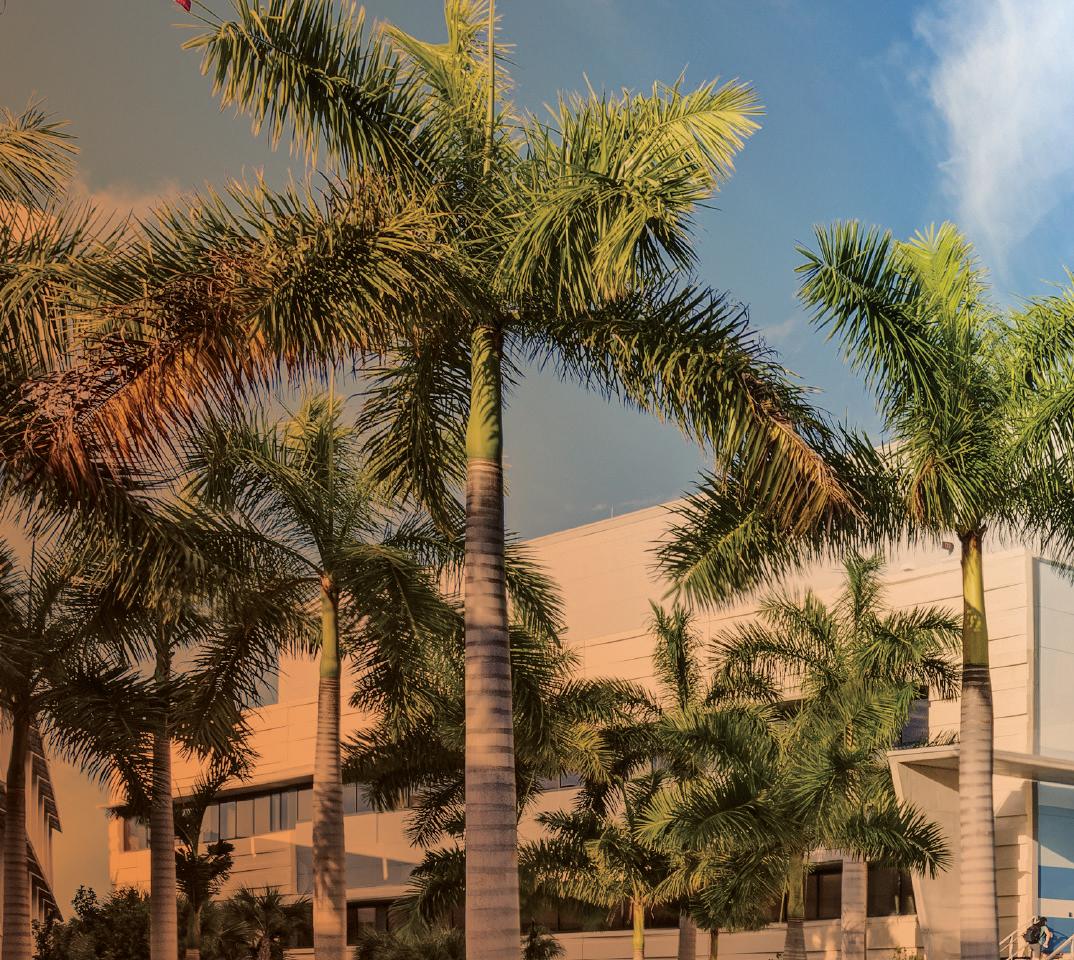

























Here’s Why:
Hands-On Experience
Cutting-Edge Research
Innovative Curriculum
Expert Faculty
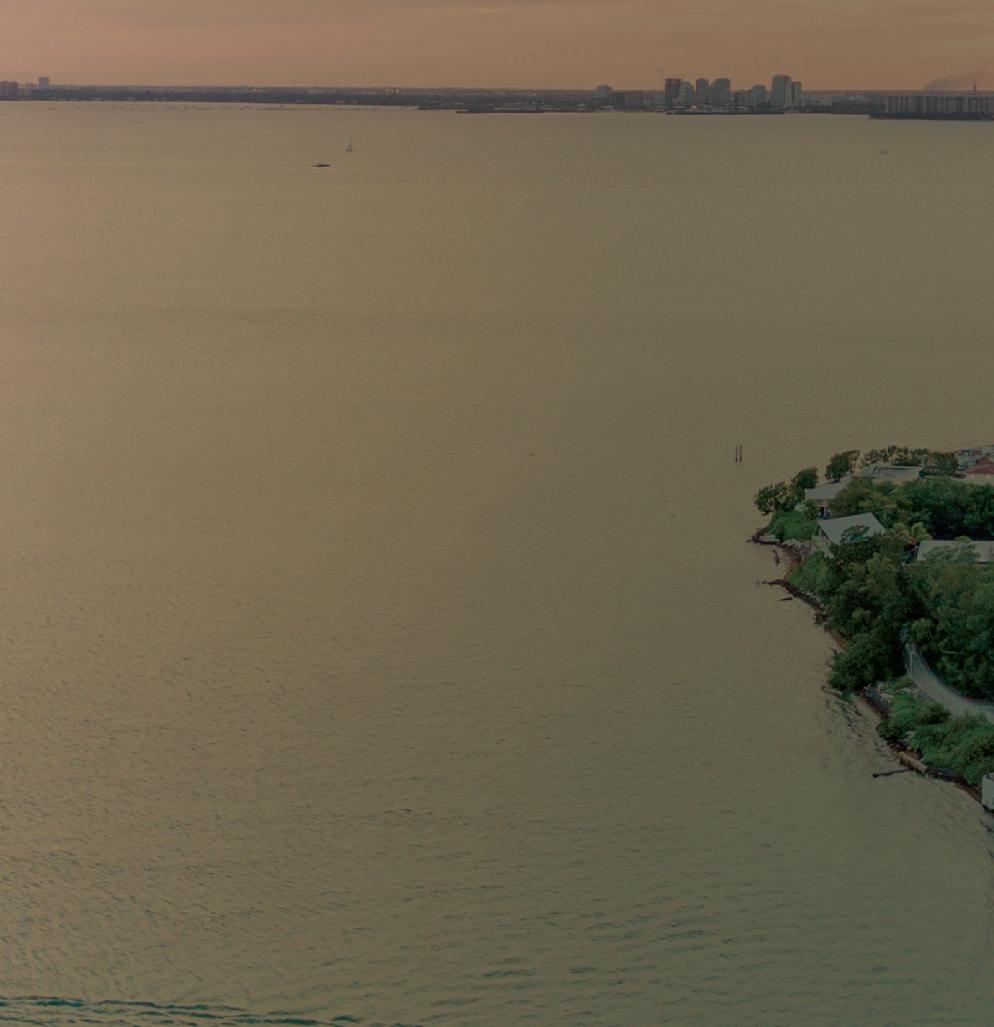
Unique Subtropical Location
Advance your career in STEM
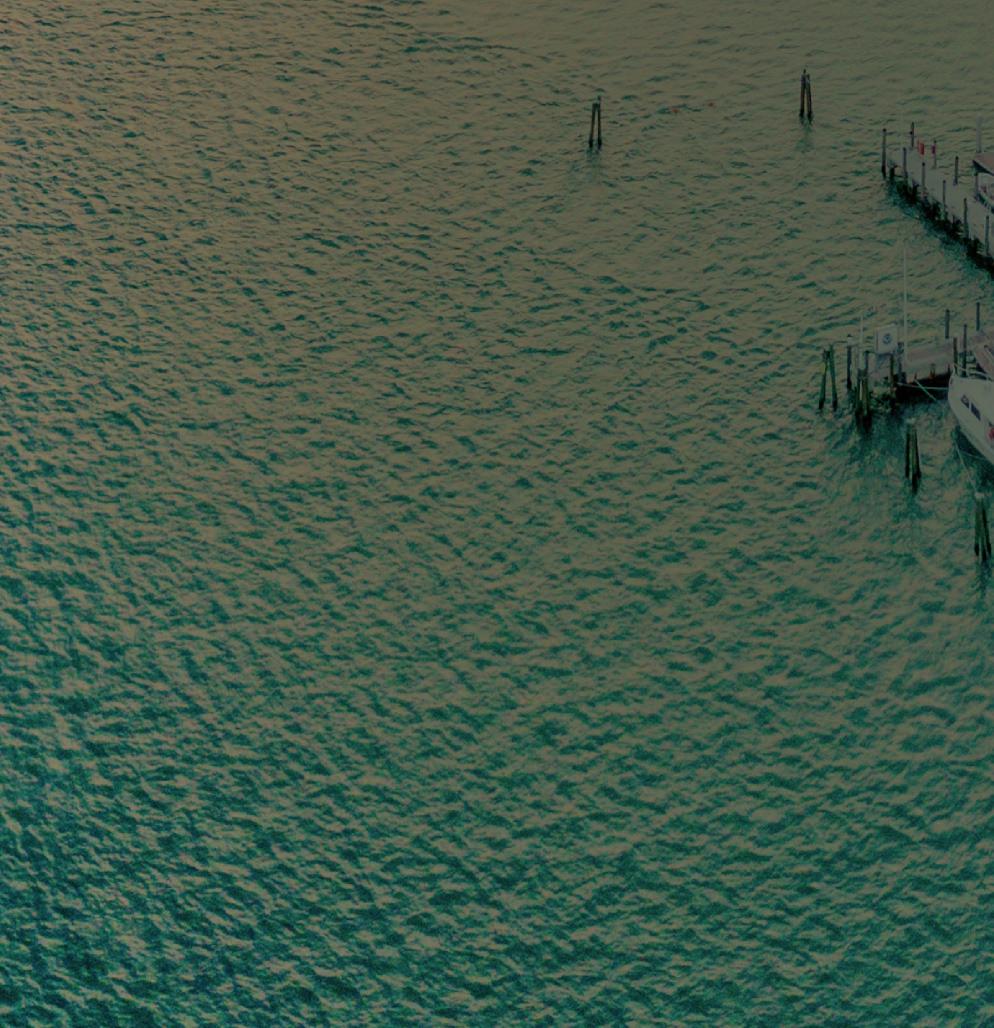
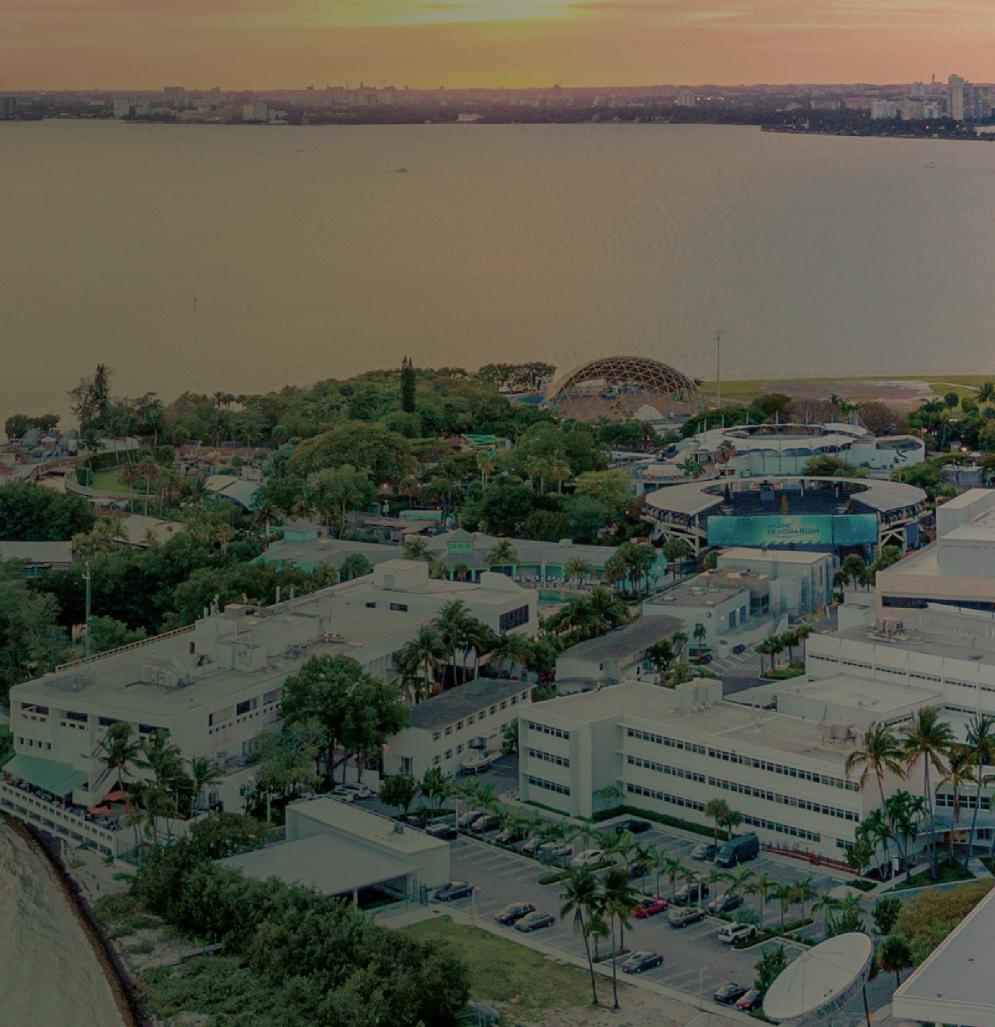
From humble beginnings in the 1940’s, the Rosenstiel School of Marine, Atmospheric, and Earth Science has grown into one of the leading academic oceanographic and atmospheric research institutions in the world. The school’s basic and applied research interests encompass virtually all marine, atmospheric, and Earthrelated sciences.

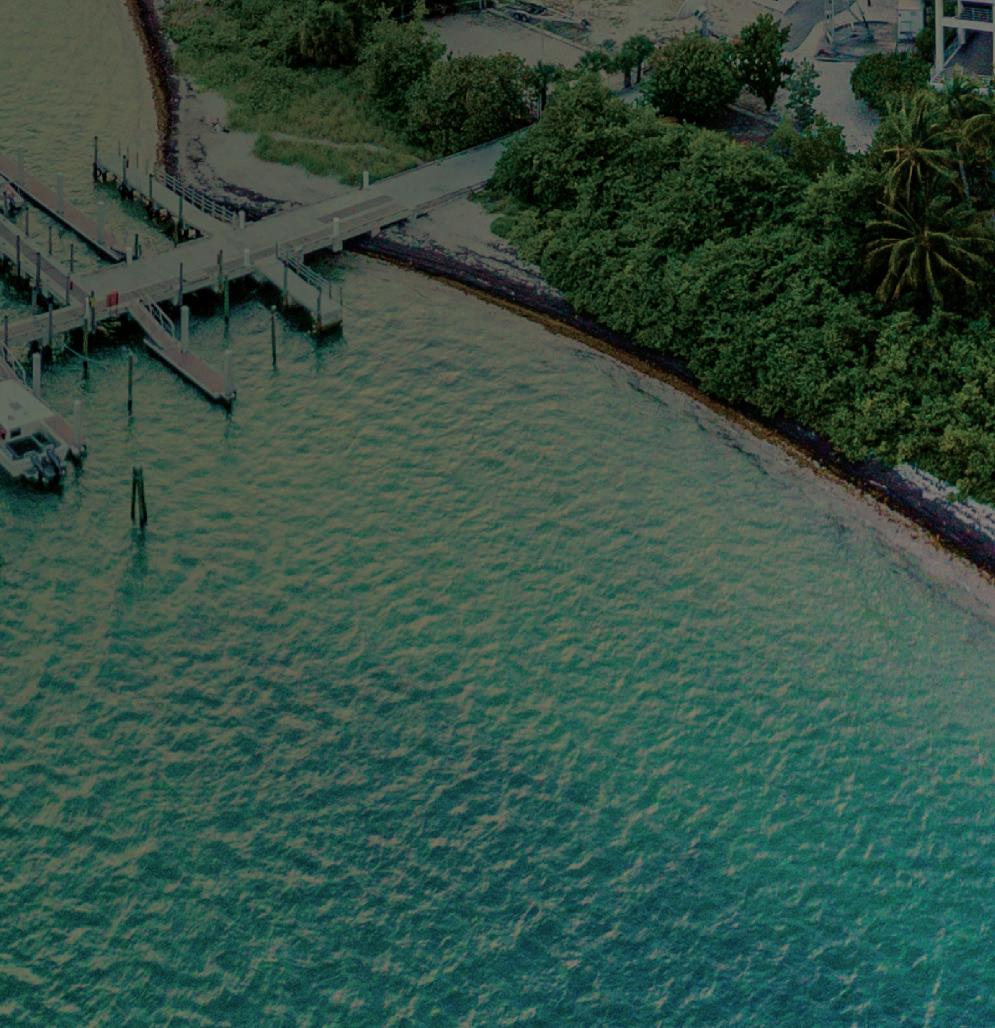
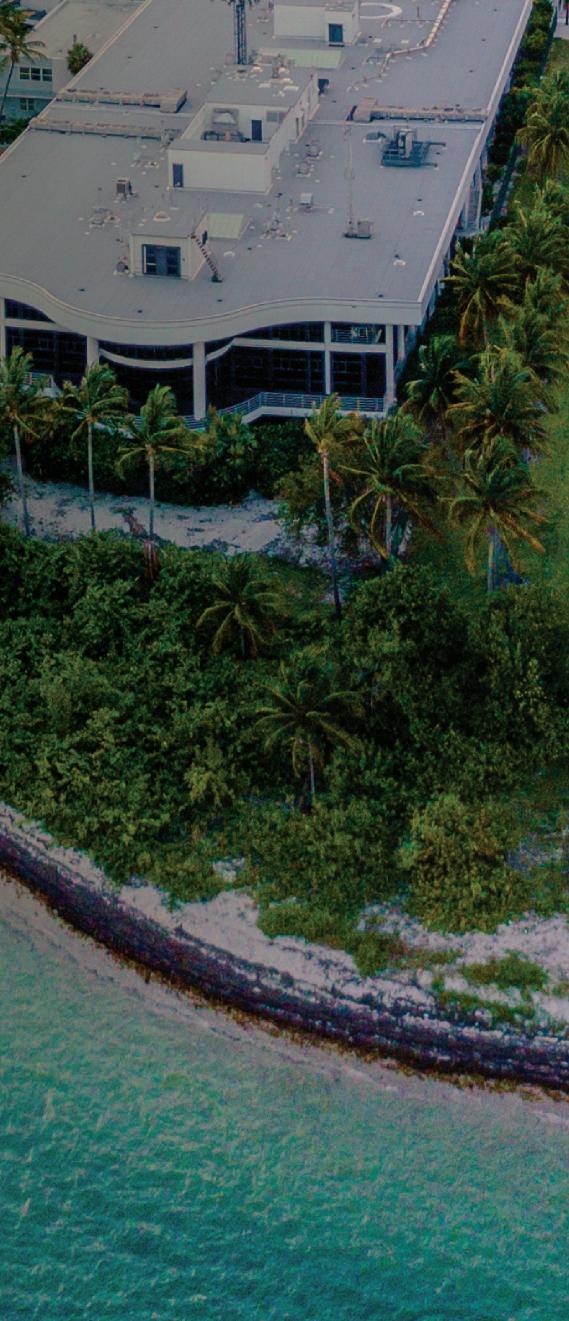




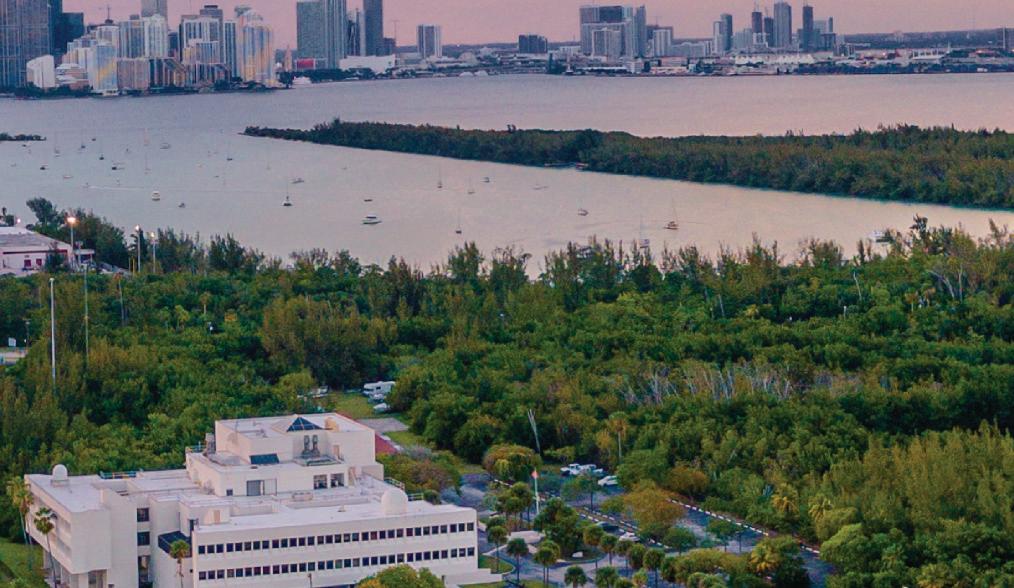
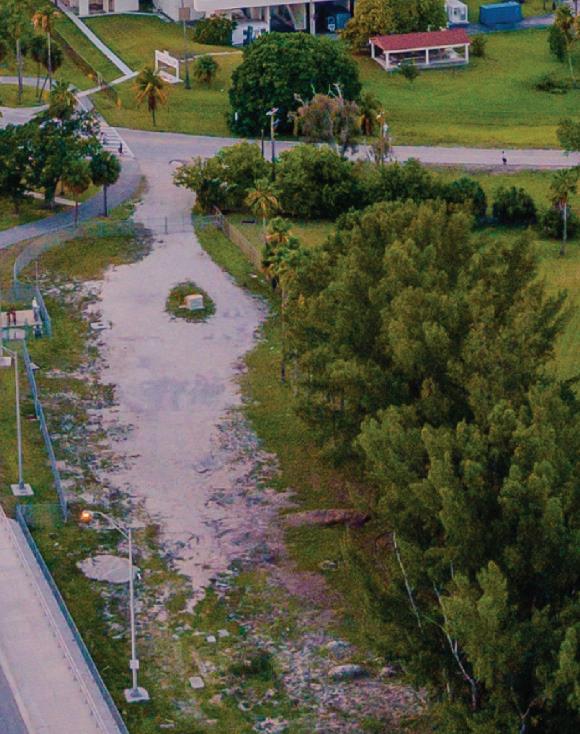


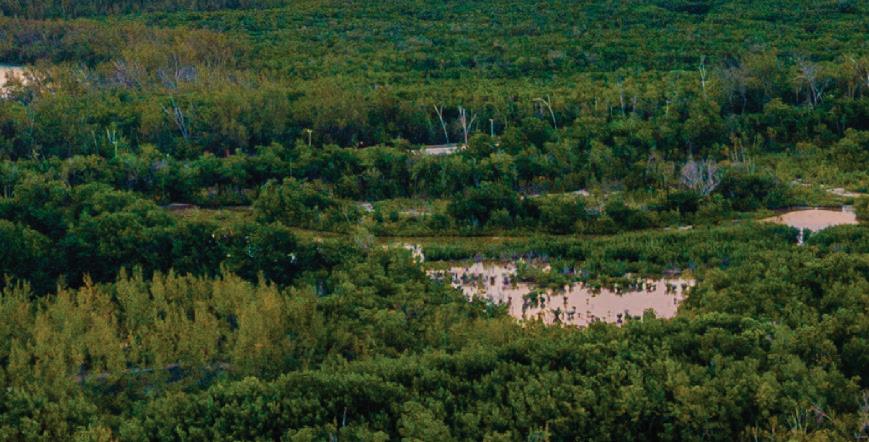

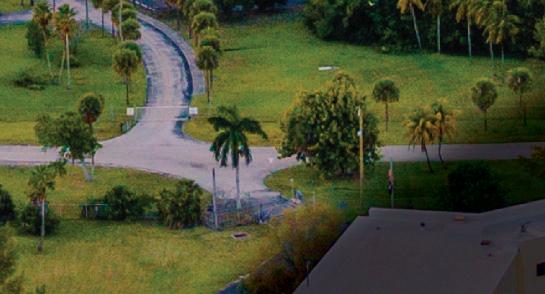


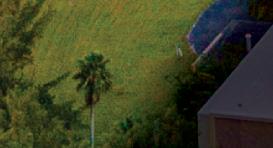
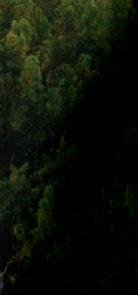


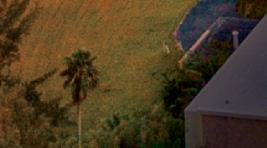
Triggered by the need to adapt to higher education in the 21st century, many remarkable changes have taken place recently at the Rosenstiel School of Marine, Atmospheric, and Earth Science. Since I became dean of the school, we have worked energetically to improve our infrastructure and to implement transformative changes to position the school both as a leader in research, education, and service to the community, and as an integral part of the University of Miami.

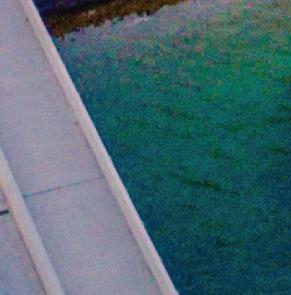

Our mission at the Rosenstiel School is to train the next generation of Earth scientists while conducting cutting-edge research and creating the knowledge that we communicate to our students and our community. Our school is organized into five departments that strive to fulfill this mission: (1) Ocean Sciences; (2) Marine Geosciences; (3) Marine Biology & Ecology; (4) Atmospheric Sciences; and (5) Environmental Science & Policy. Our graduate and undergraduate programs in these departments are attracting exceptionally talented students at all levels (bachelor’s, master’s, and doctoral).
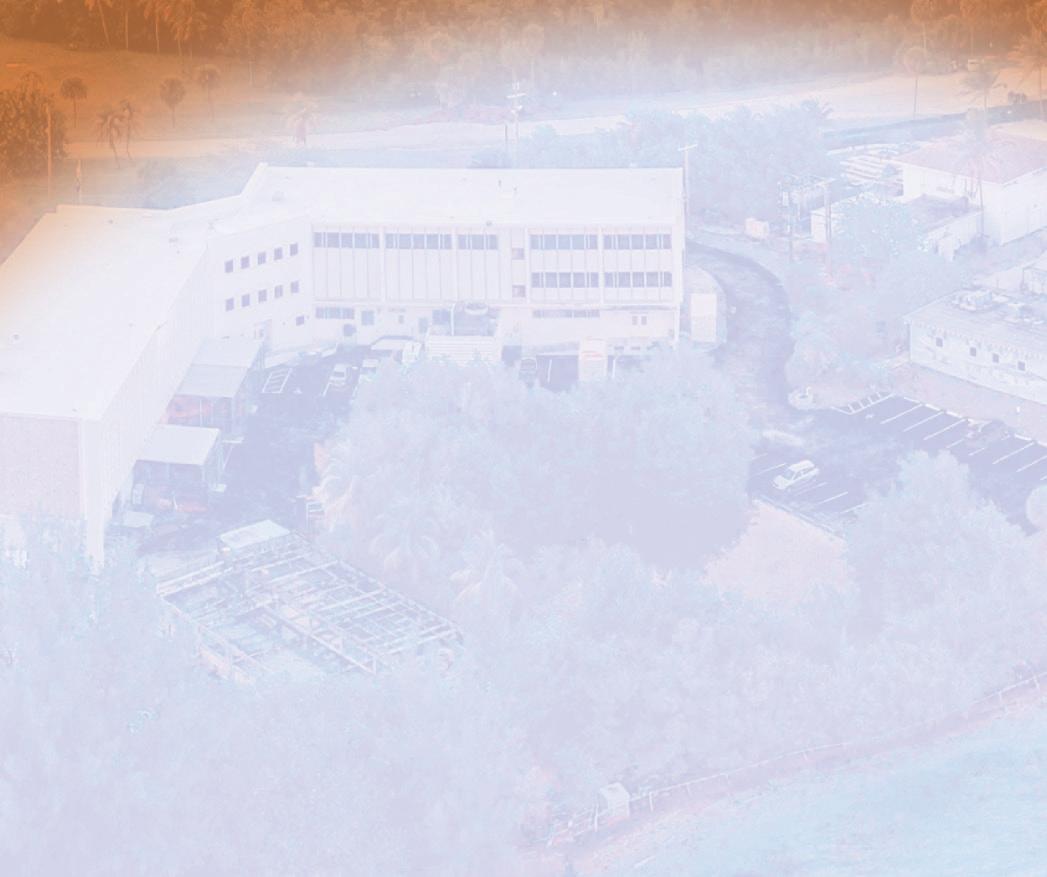

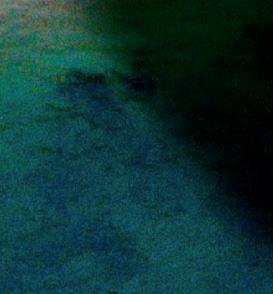
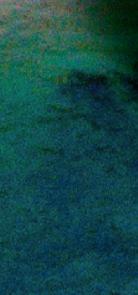
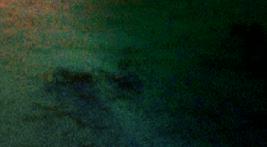


Roni Avissar, PhD Dean, Rosenstiel School of Marine, Atmospheric, and Earth Science
SCHEDULE A TOUR OR VIRTUAL INFORMATION SESSION TODAY
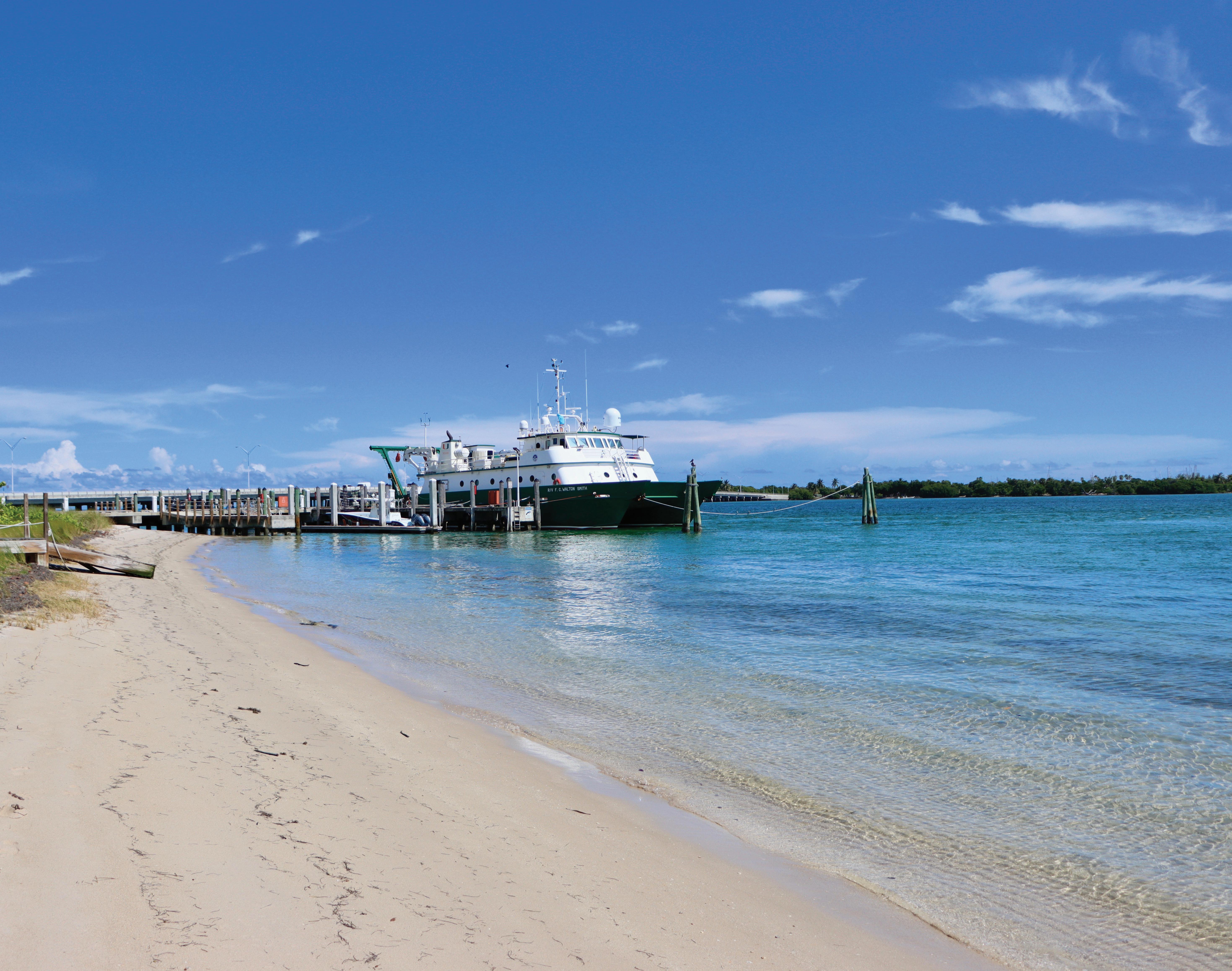
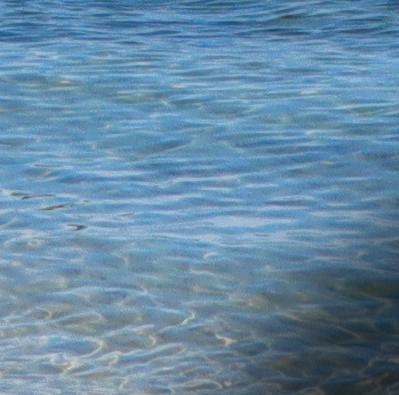
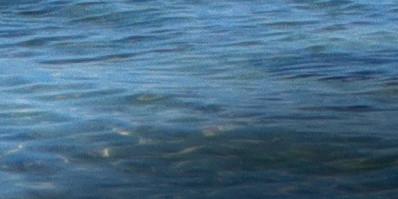


The curriculum at the Rosenstiel School takes full advantage of our subtropical location and year-round access to specialized marine environments, including deep ocean waters, coral reefs, estuarine seagrass beds, and the mangrove shorelines of South Florida.
Students are introduced to the complexities of the ocean and atmosphere through lectures, laboratories, and field trips. Undergraduate students are encouraged to work alongside faculty in their laboratories, and are able to earn course credit by conducting independent research, supervised by the leading scientists in their field.
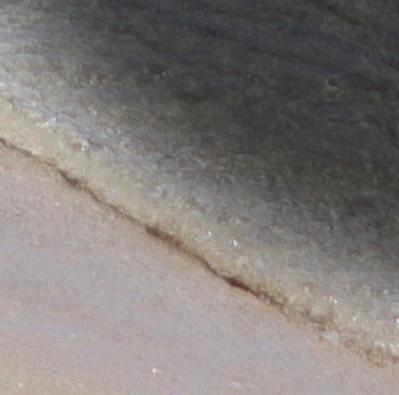
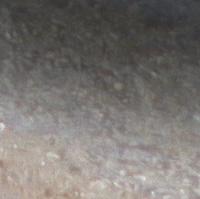


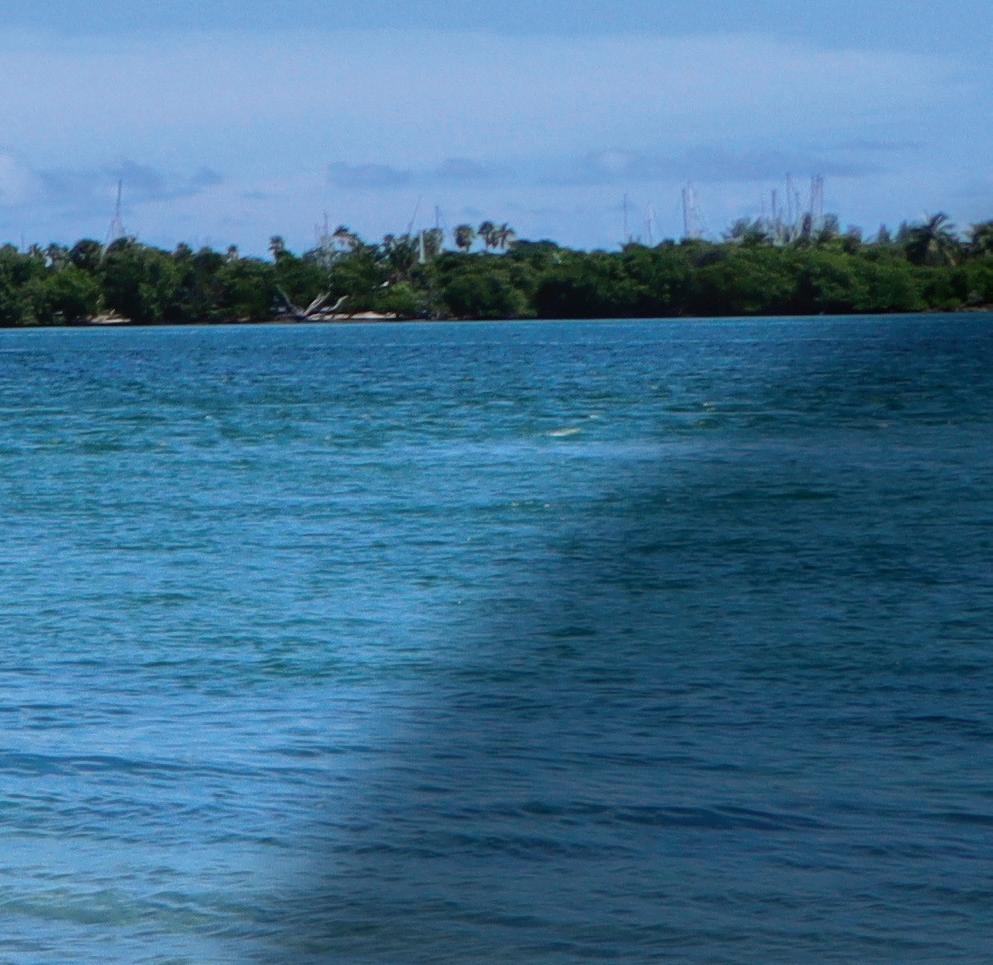
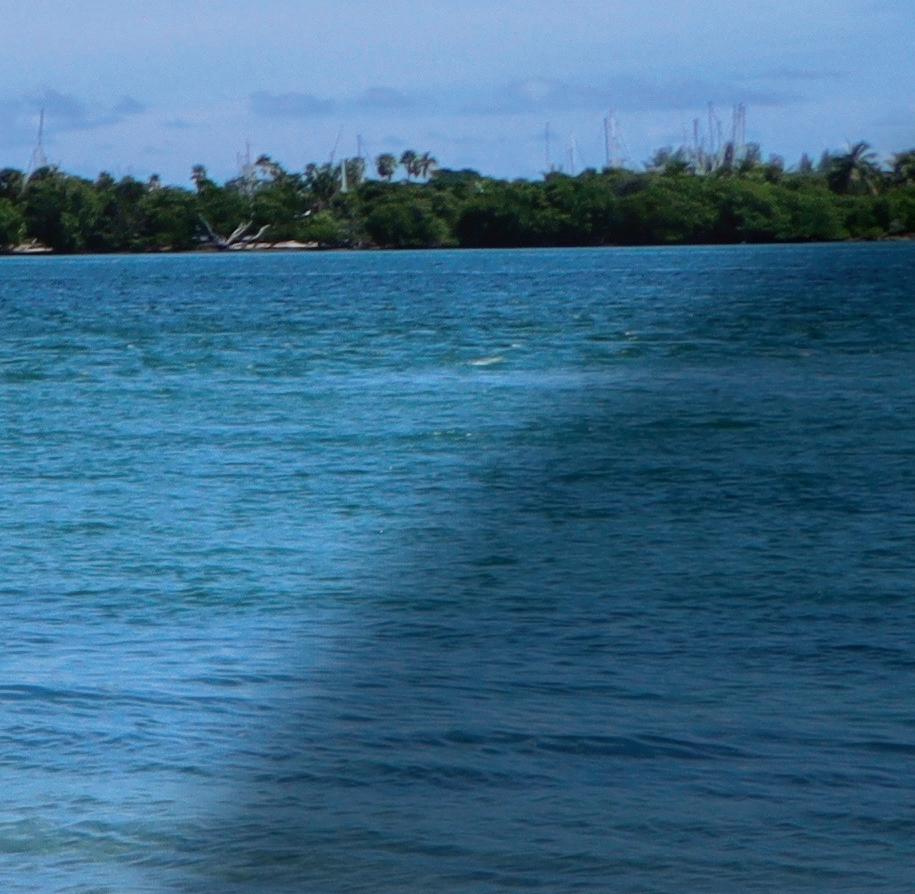
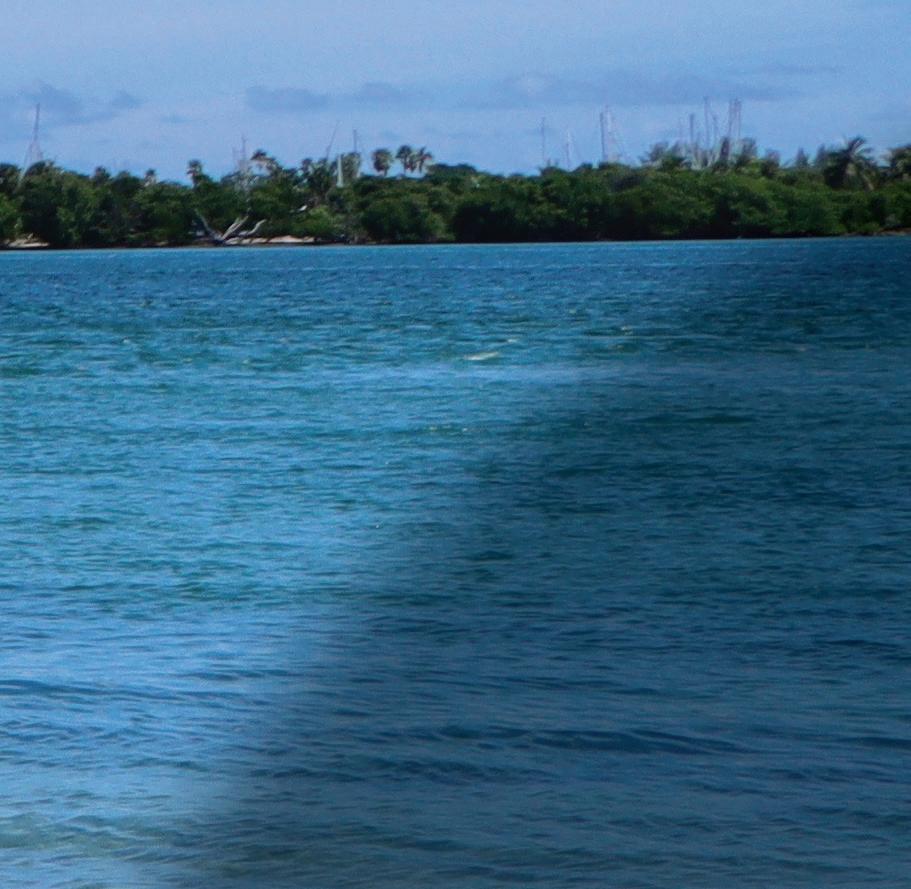
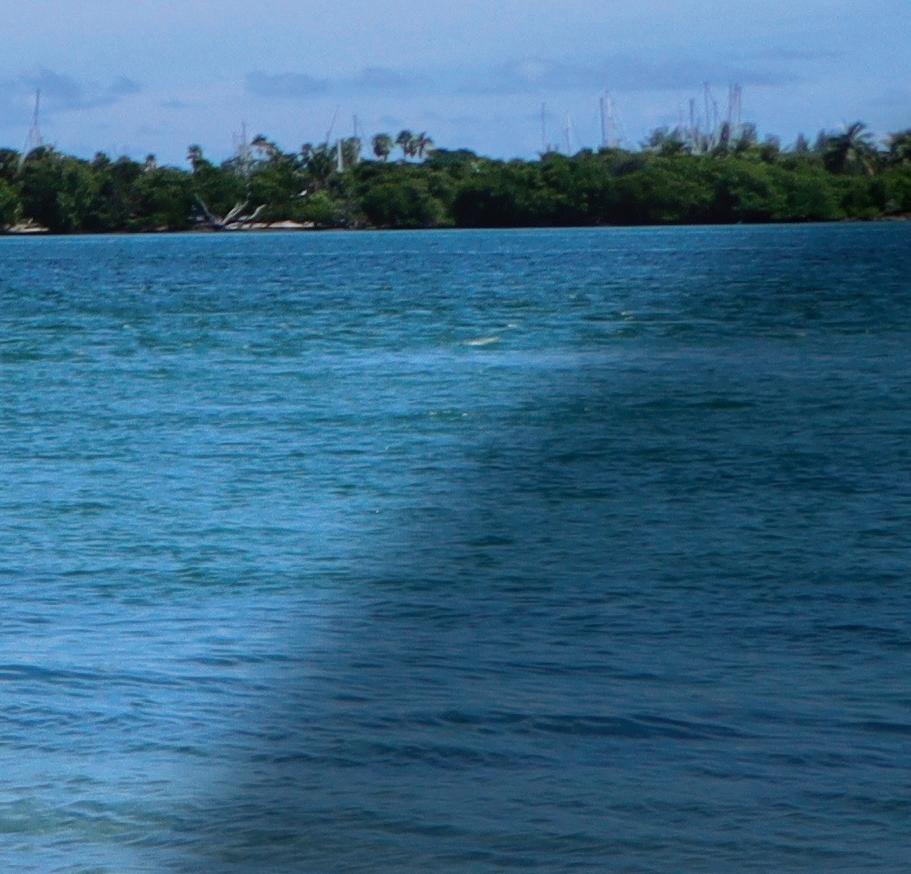
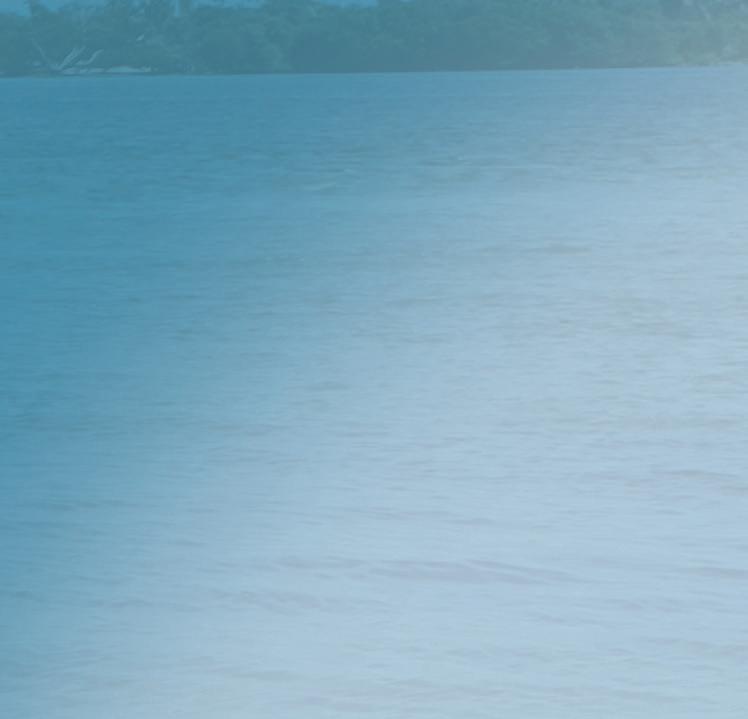










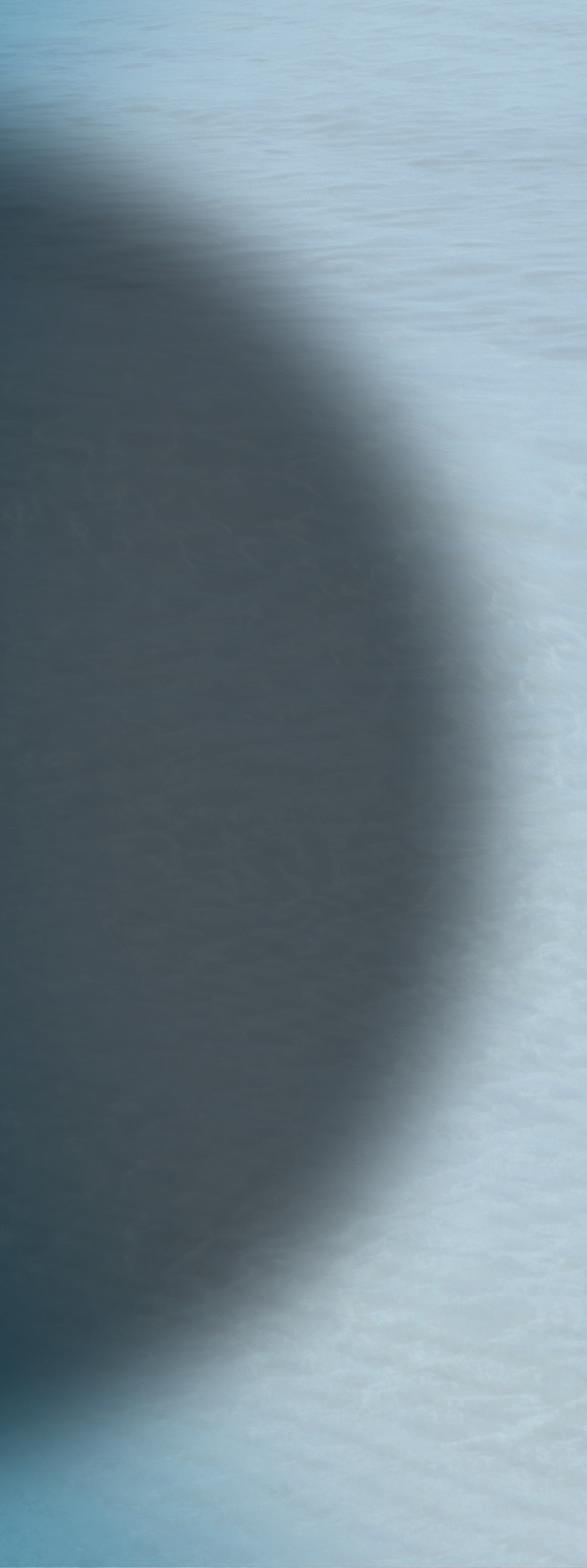





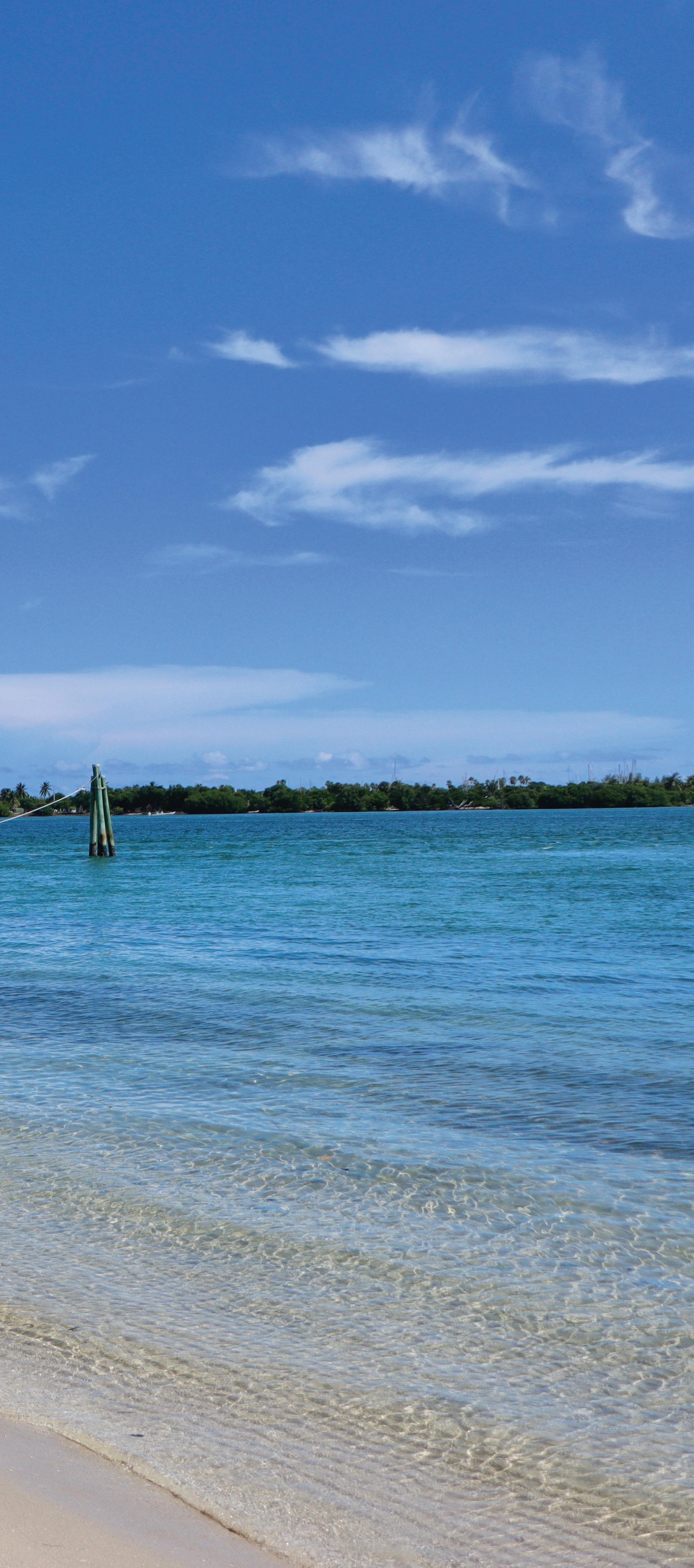





We offer a variety of study abroad opportunities. UGalapagos is an exciting program that takes students to the famed Galapagos Islands for a field-oriented semester of study. Based in the picturesque village of Puerto Villamil on Isabela Island, the University of Miami offers a full five course (17-credit) semester tailored to the needs and interests of students majoring in marine science and/or policy. Students live with local host families in Puerto Villamil, affording them the opportunity for full immersion in village life and culture, while fieldwork takes them to places that tourists may never see. For geology students, a one-month summer field course in Newfoundland and Labrador teaches them the necessary observational and mapping skills to become professional geologists.



The Saltwater Semester is a full semester sequence of researchintensive classes based on the Rosenstiel School campus designed to provide a solid foundation in the physical and biological sciences (genetics, physiology, ecology) and to enhance students’ abilities and knowledge using research-based learning. By combining classroom instruction with authentic field and laboratory experiences, students learn by doing. Students in the program work alongside faculty and their research labs to participate in real research with theory and practical applications.
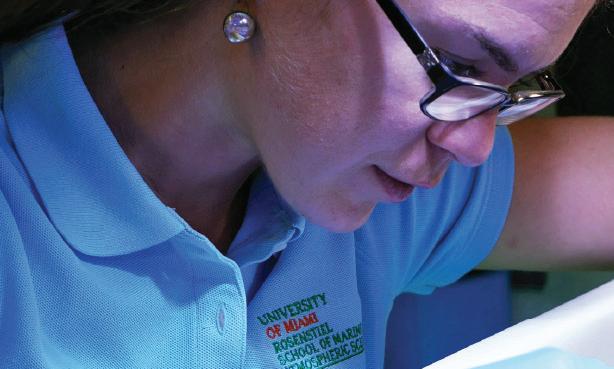
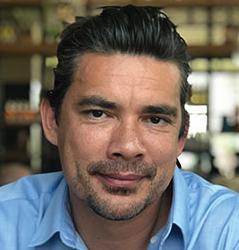

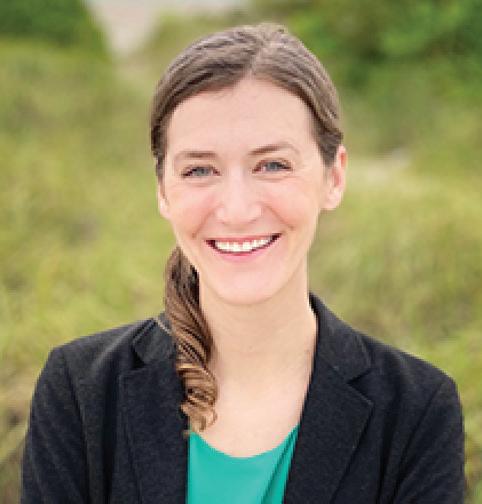


Andrew Baker Professor
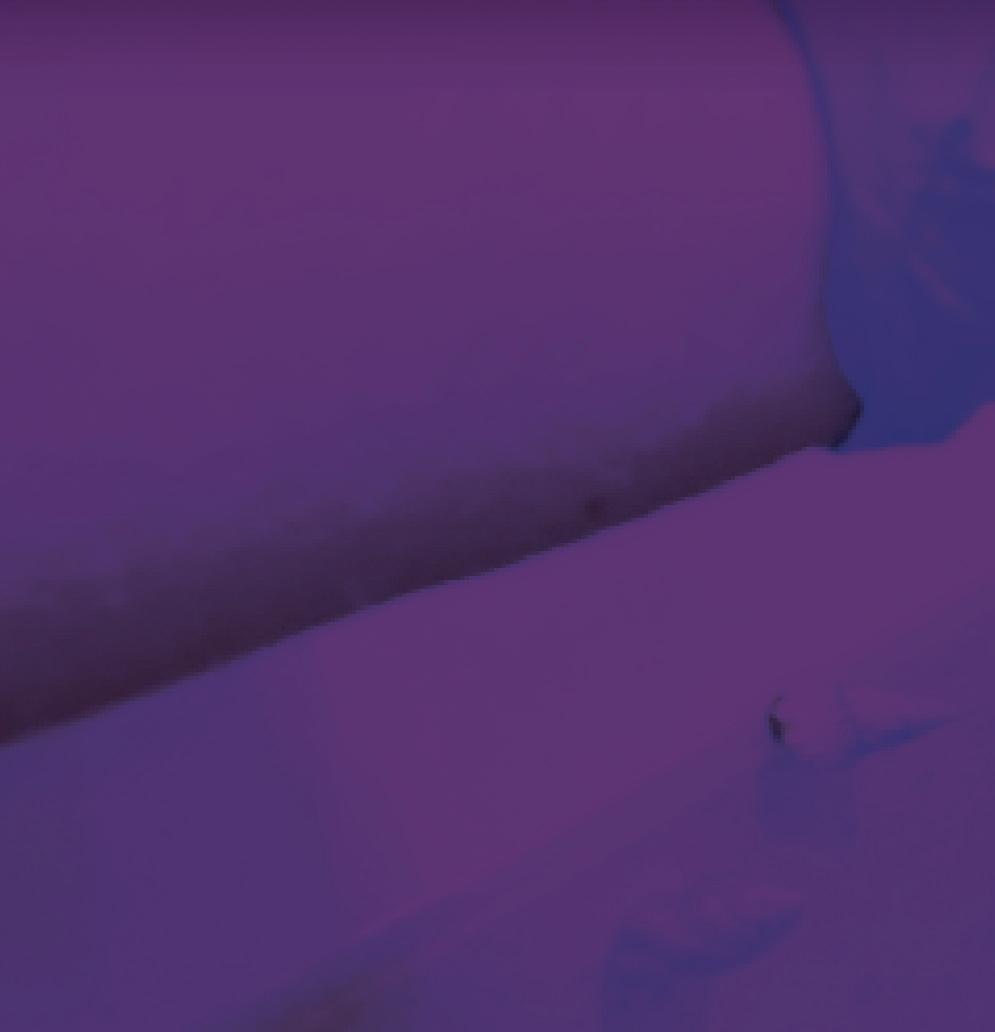
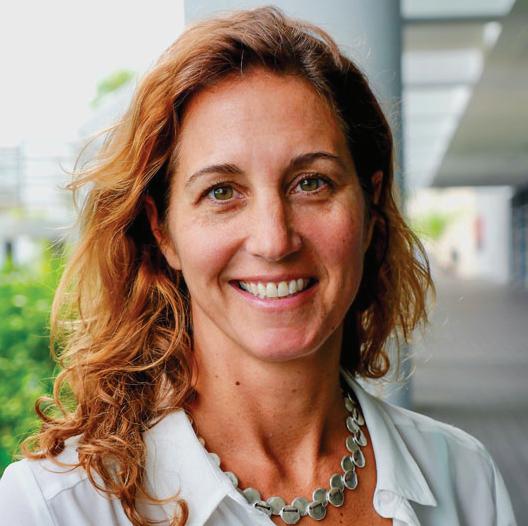

Andrew Baker is a marine biologist interested in the biology, ecology, and conservation of coral reefs, with a focus on the impacts of climate change on these ecosystems. Much of his research studies corals from the perspective of their algal symbionts (zooxanthellae in the genus Symbiodinium). Many corals have the ability to host different types of algal symbionts, and this flexibility helps them adapt to environmental variability. Baker’s lab has been assessing how important and widespread this ability is, and how it affects the response of corals (and the ecosystems they build) to climate change.
Catherine MacDonald Research Asst. Professor
Catherine Macdonald, Director of the Shark Research and Conservation Program, studies the biology, ecology, and conservation of coastal fishes, especially sharks and rays, and their habitats. Her work in South Florida and the Caribbean is focused on juvenile and small-bodied sharks, including research into habitat use and movement ecology, reproduction, morphology, food web relationships, and ecosystem roles. She also works to make science and scientific field environments more accessible and inclusive for all.
Amy Clement Professor
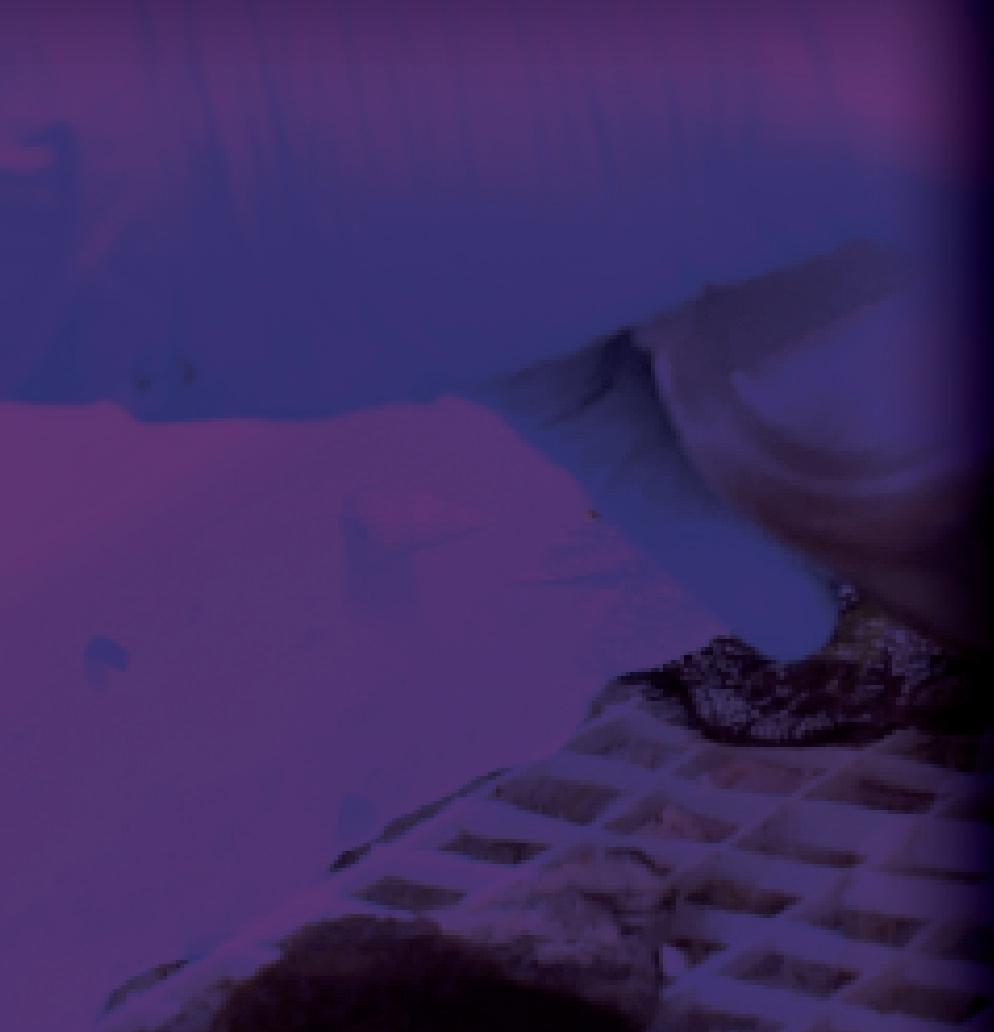
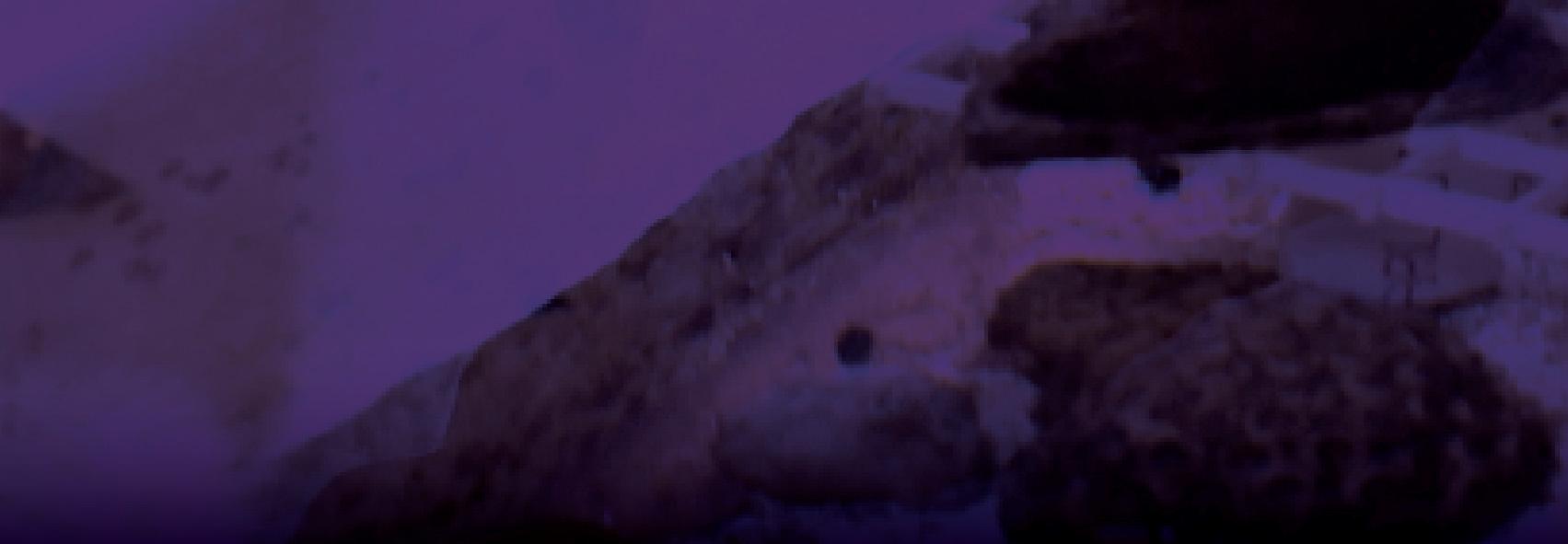
Amy Clement studies the causes of climate change on all timescales, from the glacial period to future climate change. Her research approach is to simplify the climate system as much as possible to better understand the fundamental mechanisms that influence climate. She does this using observational data and a hierarchy of climate models. Using experiments from a set of models with varying complexities allows Clement to deconstruct the mechanisms of climate change and understand their basic processes. Clement’s research generally focuses on the coupled atmosphere-ocean system, including the El Niño/Southern Oscillation and other modes of variability.

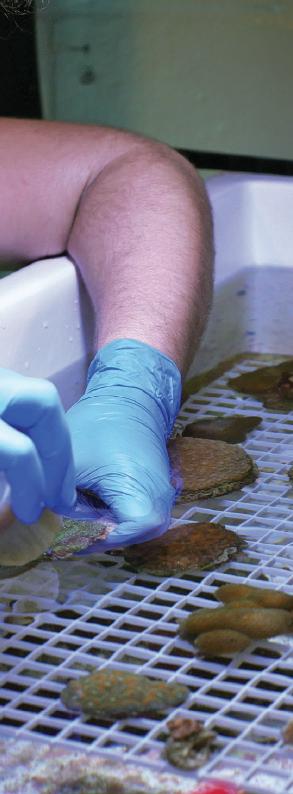

There’s no limit to what you can discover by working with our expert researchers and professors.
The caliber and diversity of our faculty are unparalleled. Our researchers are among the world’s leading voices on climate science, coral reef and fisheries issues, oceans and human health, remote-sensing technology, hurricane research and forecasting, and more.
The Rosenstiel School offers a wide range of educational, research, and professional opportunities at the undergraduate and graduate level alongside world-class faculty.









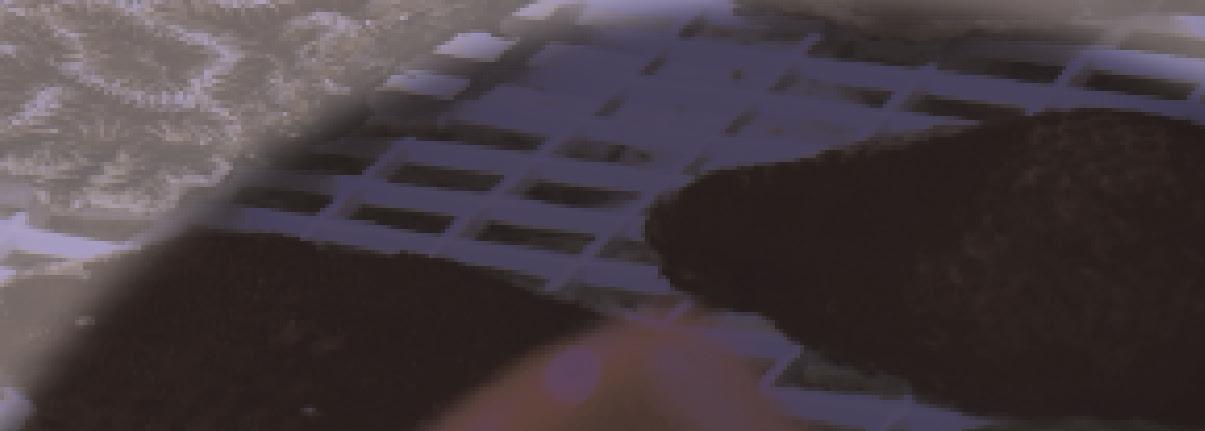
Our faculty and scientists continue to excel in winning competitive research grants, evidenced by the over $58 million that we are awarded annually from federal, state, and private foundations. We use these funds for our research expenditures, but more importantly, as the main source of income for the fellowships that fund our graduate students and research staff.



We offer all our PhD students a competitive, fully-funded fiveyear package, which has allowed us to recruit top-tier students, nationally and internationally.




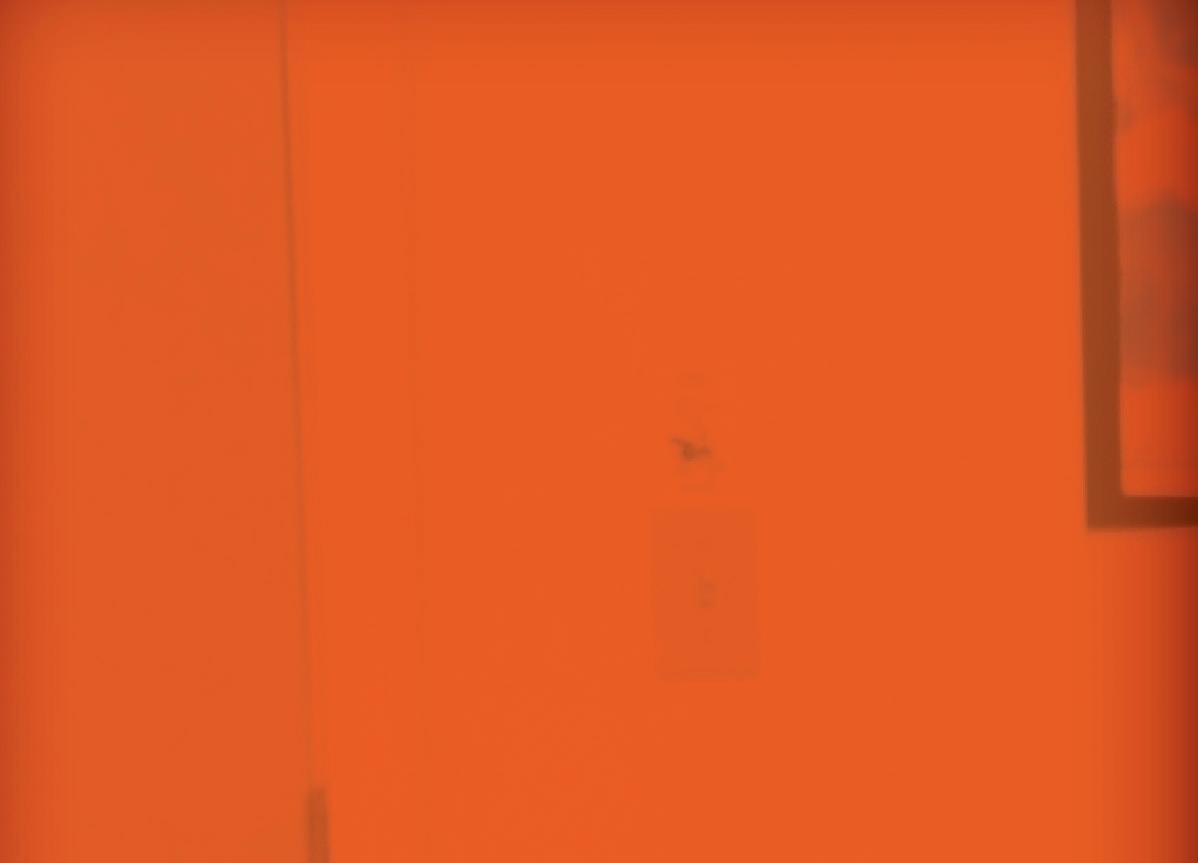
Research at the Rosenstiel School seeks to understand Earth’s geologic, oceanic, and atmospheric systems to provide a sound scientific basis for managing natural resources and adapting to disasters and climate change.

We have a fully-equipped 96-foot research vessel and a fleet of small boats–including an electric boat. Our research facilities include a Center for Computational Science, a satellite data-processing facility, and an Aircraft Center for Earth Studies. The Marine Technology and Life Sciences Seawater building on our campus encompasses state-of-the-art marine animal research laboratories and a one-of-a-kind wind-wave research tank. The SUSTAIN wind-wave tank is the only one in the world capable of generating Category 5 hurricane-force conditions in a three-dimensional test environment.












We are very proud of our nearly 50-year collaboration with the National Oceanic and Atmospheric Administration (NOAA) Cooperative Institute for Marine and Atmospheric Science (CIMAS). CIMAS serves as a mechanism to bring together research resources and personnel of the University of Miami Rosenstiel School with those of NOAA for a Center of Excellence focused on understanding the Earth’s oceans and atmosphere within the context of NOAA’s mission of science, service, and stewardship.




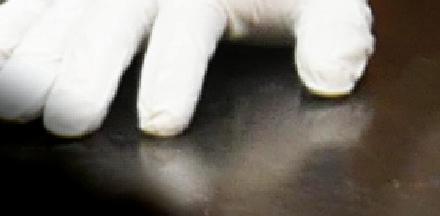





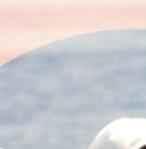
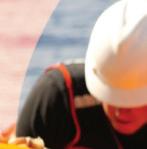
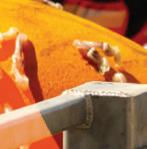



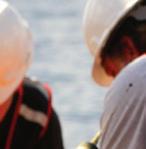
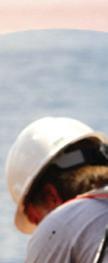

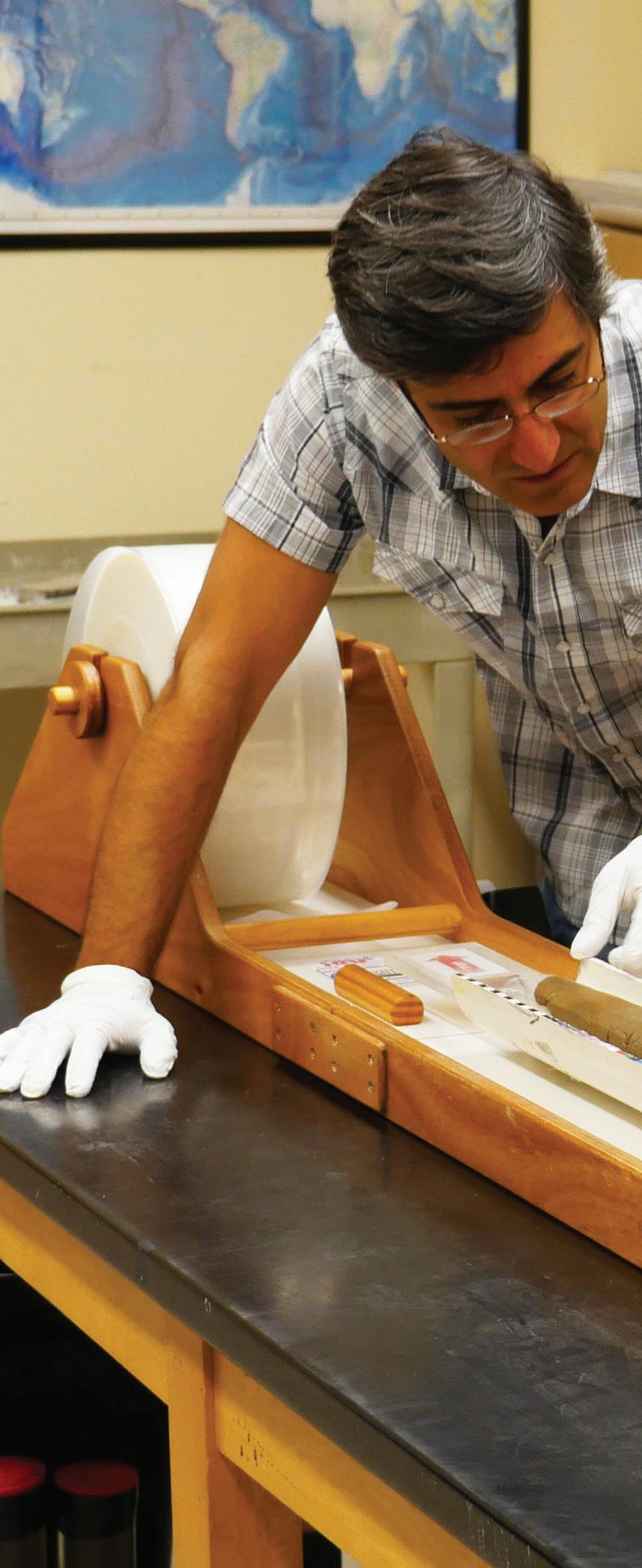
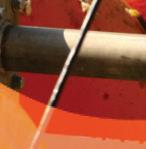
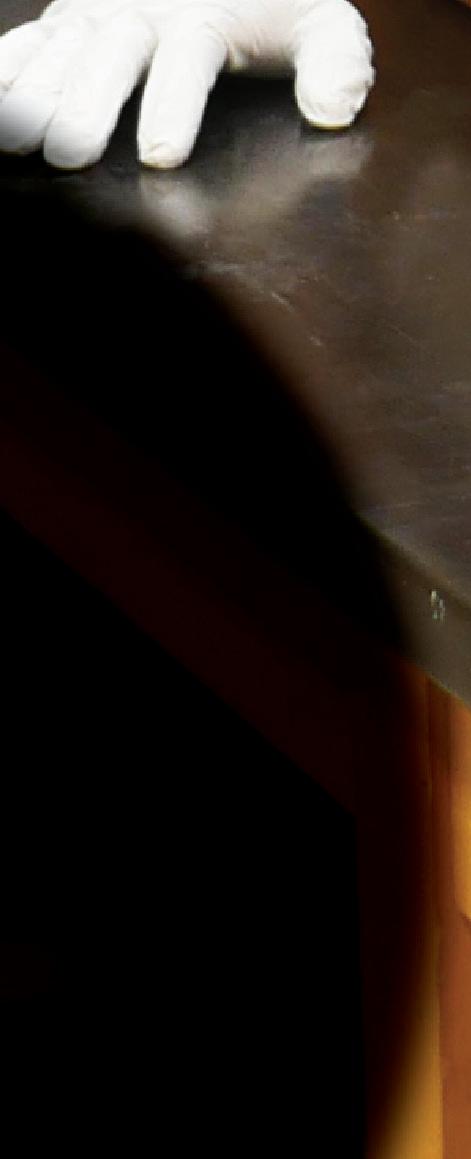

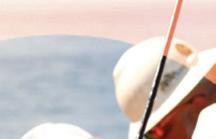
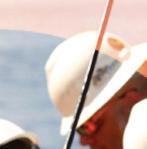





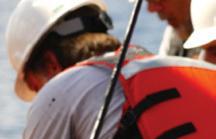
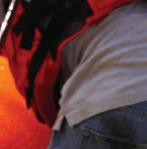










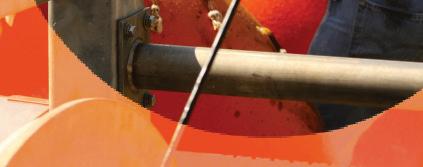



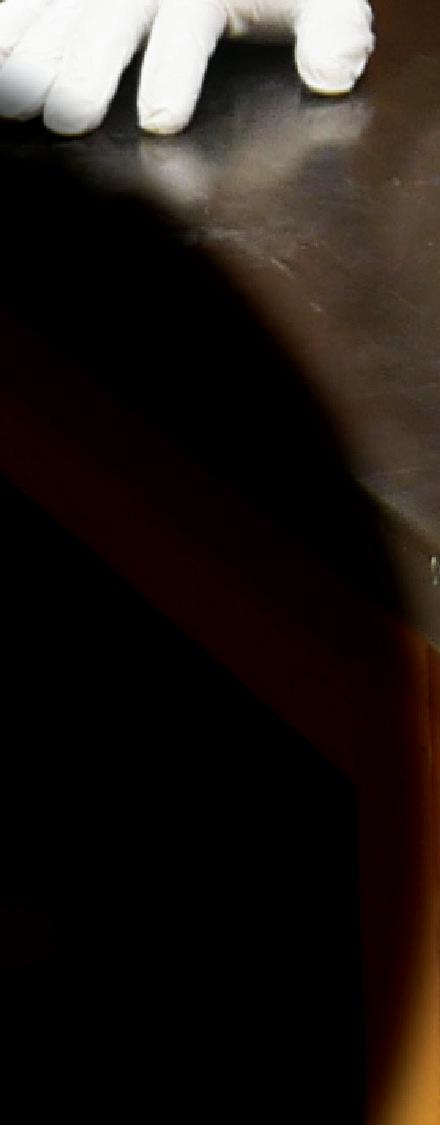






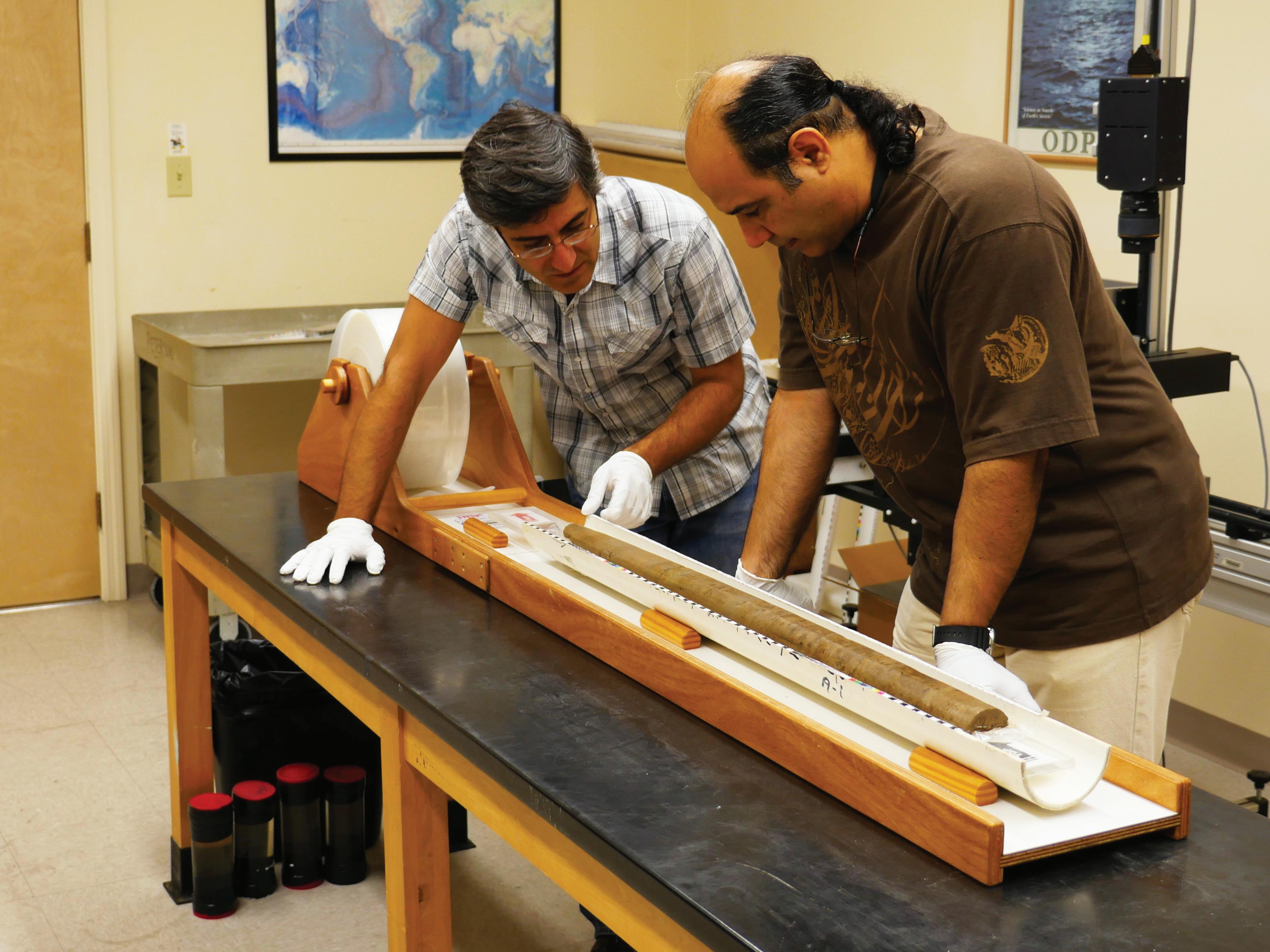

Our planet faces complex challenges, from understanding extreme events in a changing climate to protecting the delicate balance of our atmosphere and oceans. There is a need for advanced interdisciplinary knowledge and the ability to transform scientific breakthroughs into policies that benefit society.

The Rosenstiel School provides advanced education to meet the Earth’s needs while giving students ample opportunities to work alongside experts in the field. Rosenstiel School faculty mentor students in tackling global and local issues related to sea level rise, hurricanes, coral reefs, marine conservation, food production, and energy. Productive networking opportunities abound on our campus. Together with dedicated instruction provided by our faculty, the Rosenstiel School also provides professional development opportunities to prepare our students to thrive in their chosen careers. These include courses and workshops on scientific presentation and communication, technical writing, and science policy.
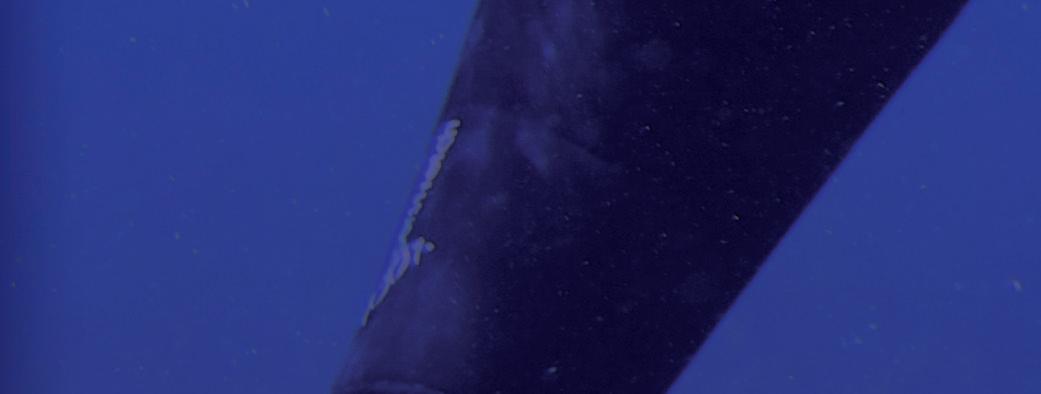
Shane Hinton is a Rosenstiel School alumnus who completed a Bachelor of Science in meteorology with a minor in math and electronic media as well as a Master of Professional Science in Broadcast Meteorology. Shane is currently an Emmynominated meteorologist at KVUE in Austin, Texas.































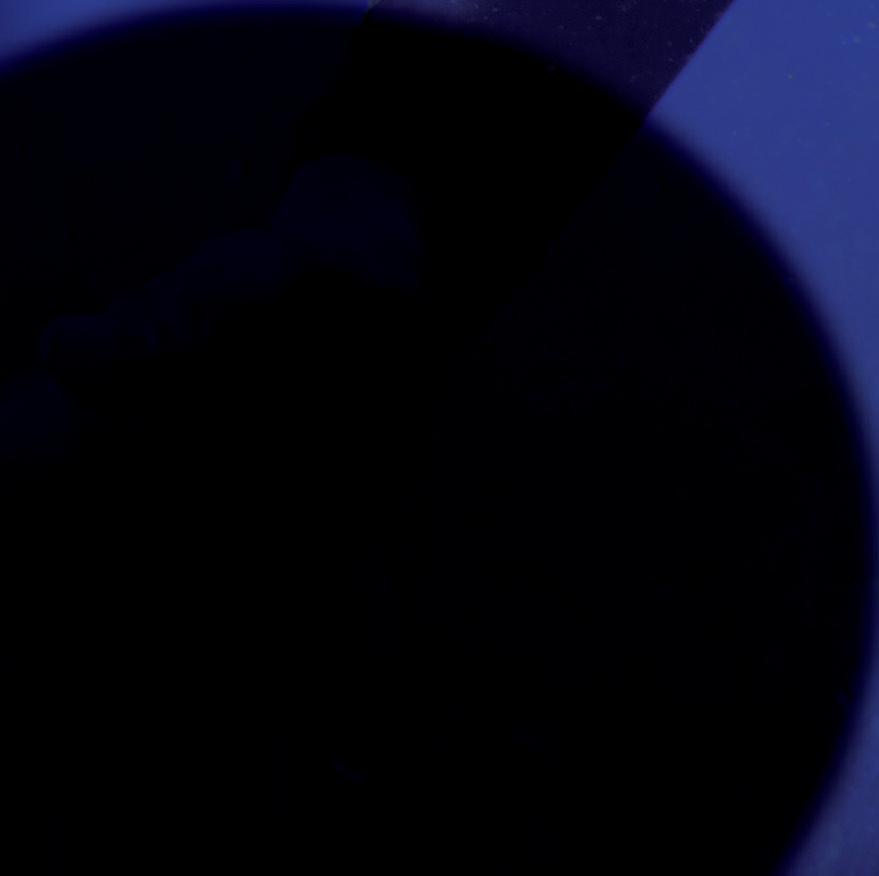











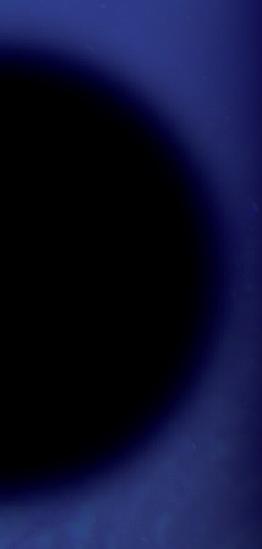
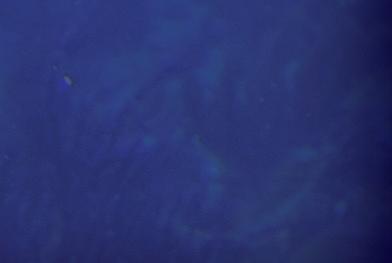
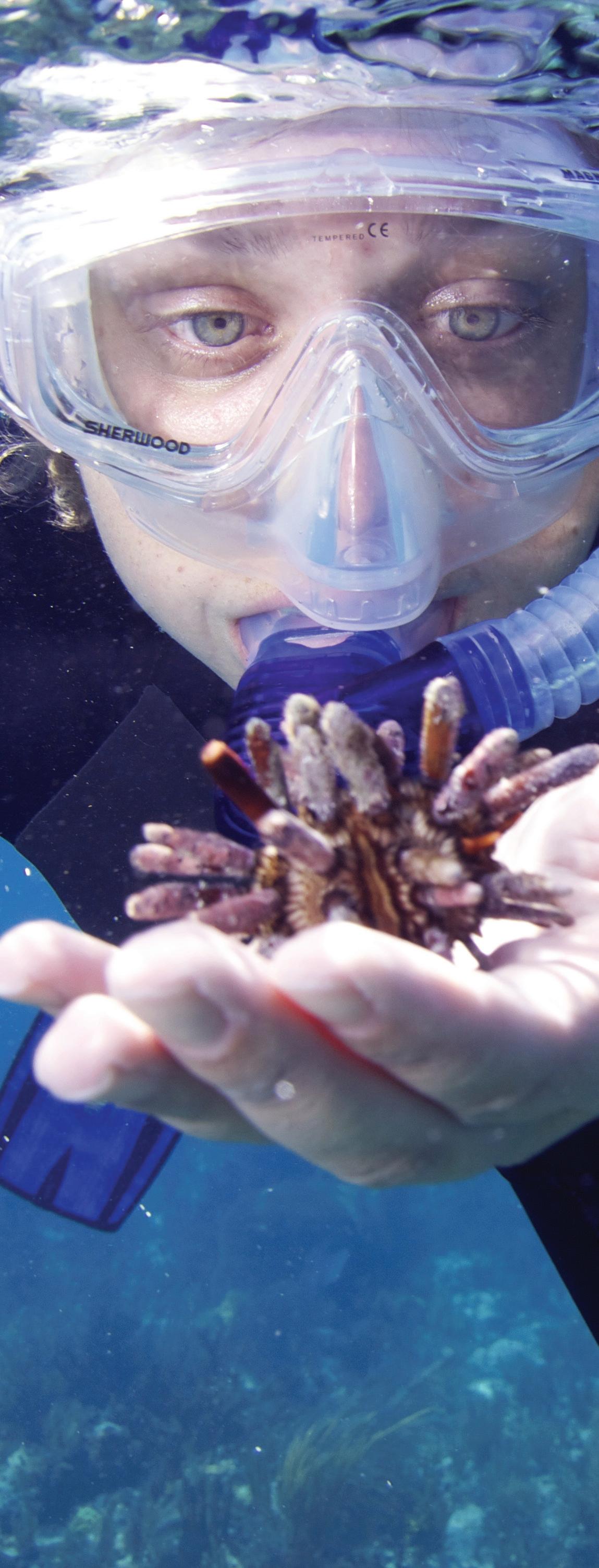

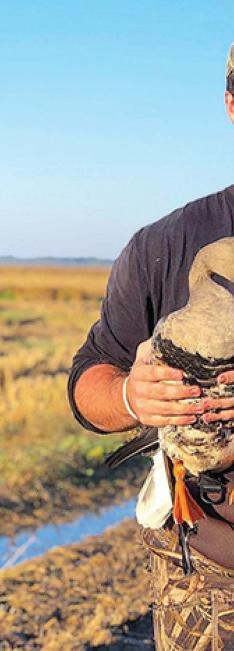
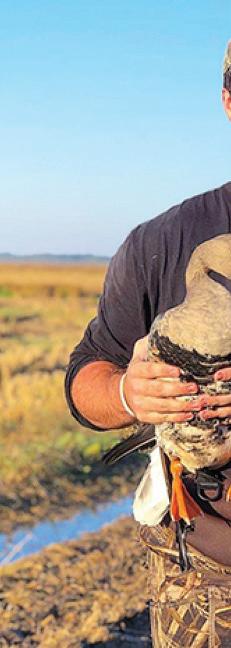


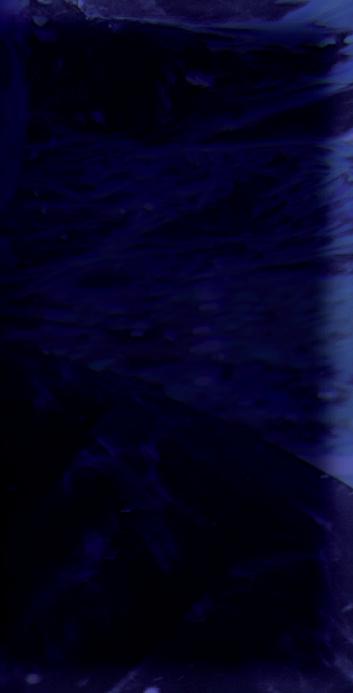
Michael McVay
MPS Track: Fisheries Management & Conservation
“My internship was hosted by my current position with Ducks Unlimited. I had the unique opportunity to start a full-time, salaried position with Ducks Unlimited while performing internship responsibilities. My internship included developing a study to examine water quality benefits from the Wetland Reserve Easement program administered by the Natural Resource Conservation Service. I worked with private landowners in Louisiana to study water quality on properties enrolled in the WRE program imbedded in rich agriculture landscapes. The position and study helped me understand the importance of my job, excelled my knowledge in habitat restoration, and provided an opportunity to demonstrate the skills I learned during my time at Rosenstiel School and UM.”
Madeline Walker
MPS Track: Coastal Zone Management

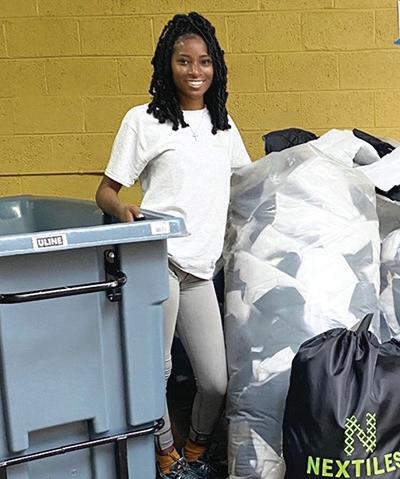



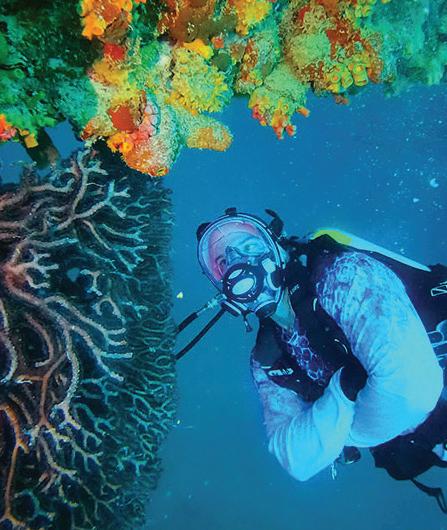
“During my MPS internship, I traveled to Brooklyn, New York and worked at FABSCRAP, Inc. FABSCRAP is a textile recycling company that caters to New York designers and clothing manufacturers for fabric waste collection, and offers an immersive sorting, shopping, and education experience centered around textile waste. I helped organize the company’s database, which included details on the quantity, type of waste, and avoided carbon calculations for more than 500 clients. I thoroughly enjoyed spending 3+ months in a new city and learning the ins and outs of an innovative womanowned company. Now, I am the founder and CEO of a Detroit-based textile recycling company called NexTiles. Our mission is to divert textile waste from landfills and incineration. We collect pre-consumer industrial waste from clothing and auto interior manufacturers. I am responsible for new client outreach, event organization, and sometimes pickups from local businesses.”


Harrison M. Albert
MPS Track: Marine Mammal Science
“For my MPS internship, I evaluated the impact and conservation initiatives of education and outreach programs of marine mammal facilities. After graduation, my internship turned into a full-time employment opportunity where I became the Senior Marine Biologist for the facility. I then continued my passion for marine conservation and education by establishing a conservation program at a dive resort in the Florida Keys and completed my PhD program. After earning my doctorate degree, I transitioned into my current job as a marine scientist for the FL Keys National Marine Sanctuary. In this role, I evaluate research proposals and other permit applications submitted by scientists to determine if there would be an adverse environmental impact on sanctuary resources.”

The Rosenstiel School is situated on the peaceful island of Virginia Key, near the vibrant cultural centers of downtown Miami and Coconut Grove. The Rosenstiel School is fortunate to have its own waterfront restaurant, which cultivates a unique camaraderie among students, staff, and faculty, while providing a forum for informal scientific discussions that often lead to new breakthroughs. Students enjoy a subtropical climate, with wonderful warm winters that allow for year-round research and fieldwork. Students have opportunities to intern with major marine and atmospheric organizations, such as the National Oceanic and Atmospheric Administration, the National Park Service, Frost Science Museum, and the Nature Conservancy, to name a few.


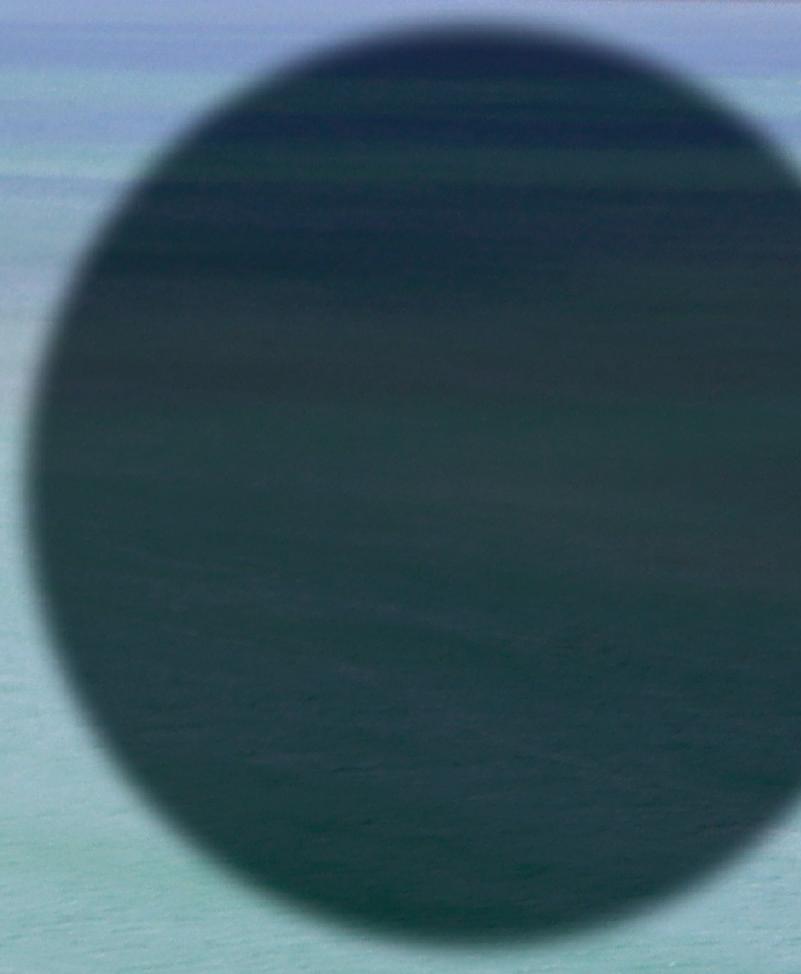
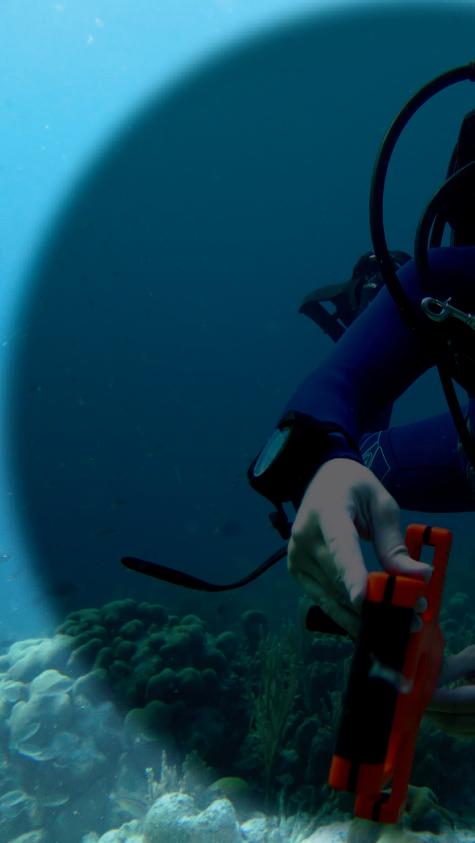
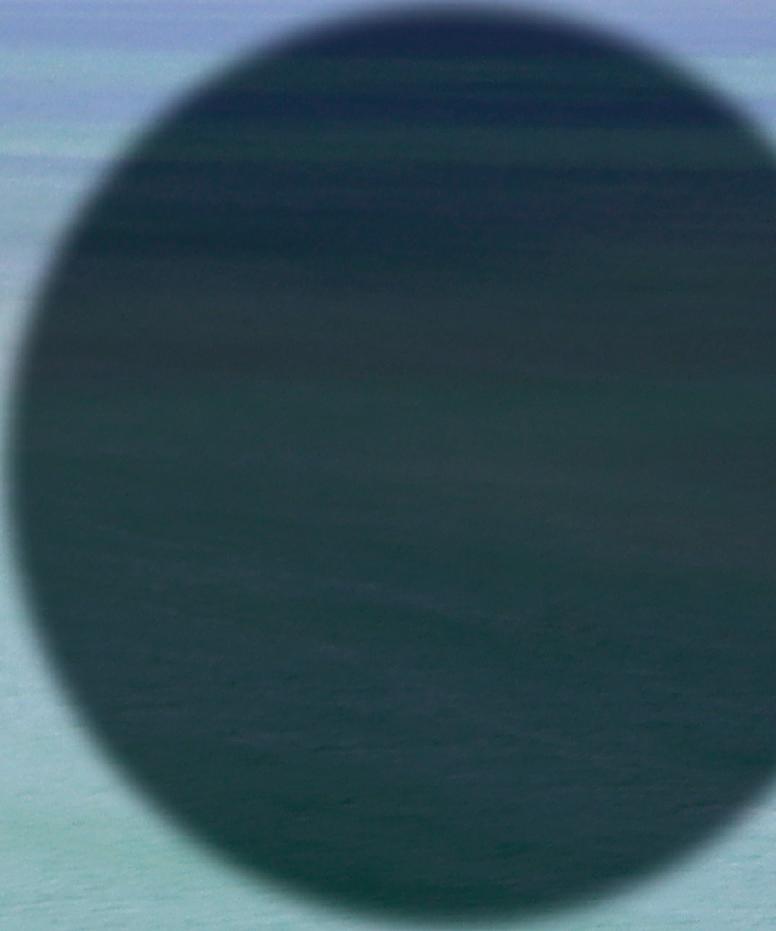



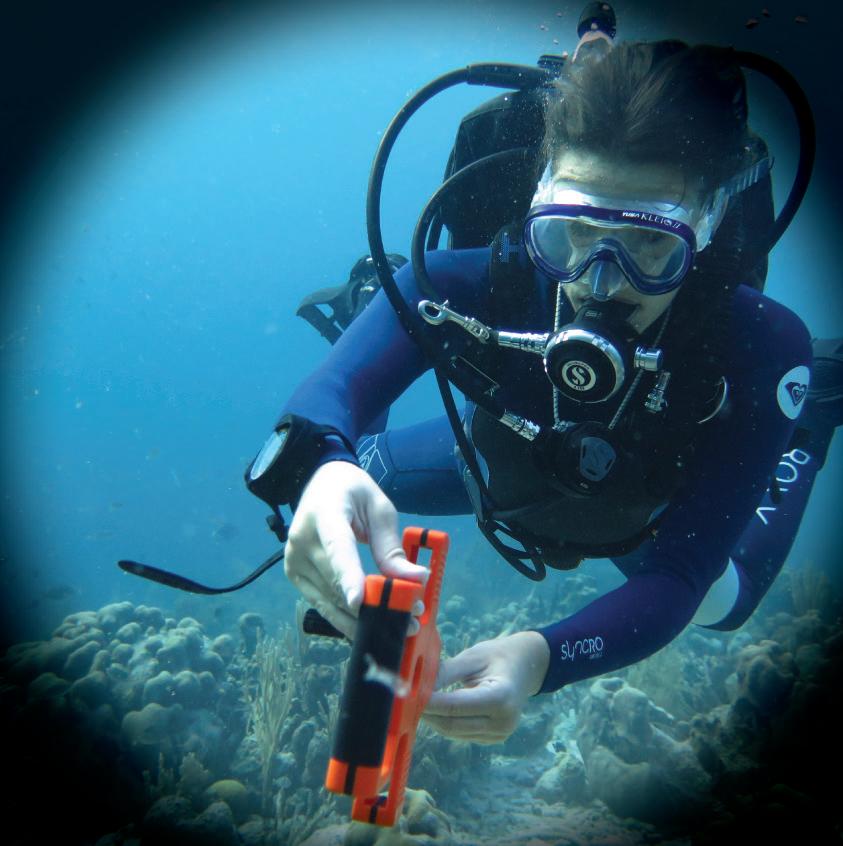


From the moment you arrive at this secluded research station, you are immersed in the wonder of the natural world.
This 63-acre island is located just off the coast of Key Largo, a short boat ride from the Rosenstiel School. Professors and students use this stunning location to study the dynamic marine and terrestrial ecosystems that exist in the area, including coral reefs teeming with fish and unspoiled mangroves. With accommodations for 20 individuals, the main house is nestled in the middle of the island and offers panoramic views from its top floor. From atmospheric science to marine biology, faculty and students conduct important research that enhances our understanding of the Florida Keys and beyond.



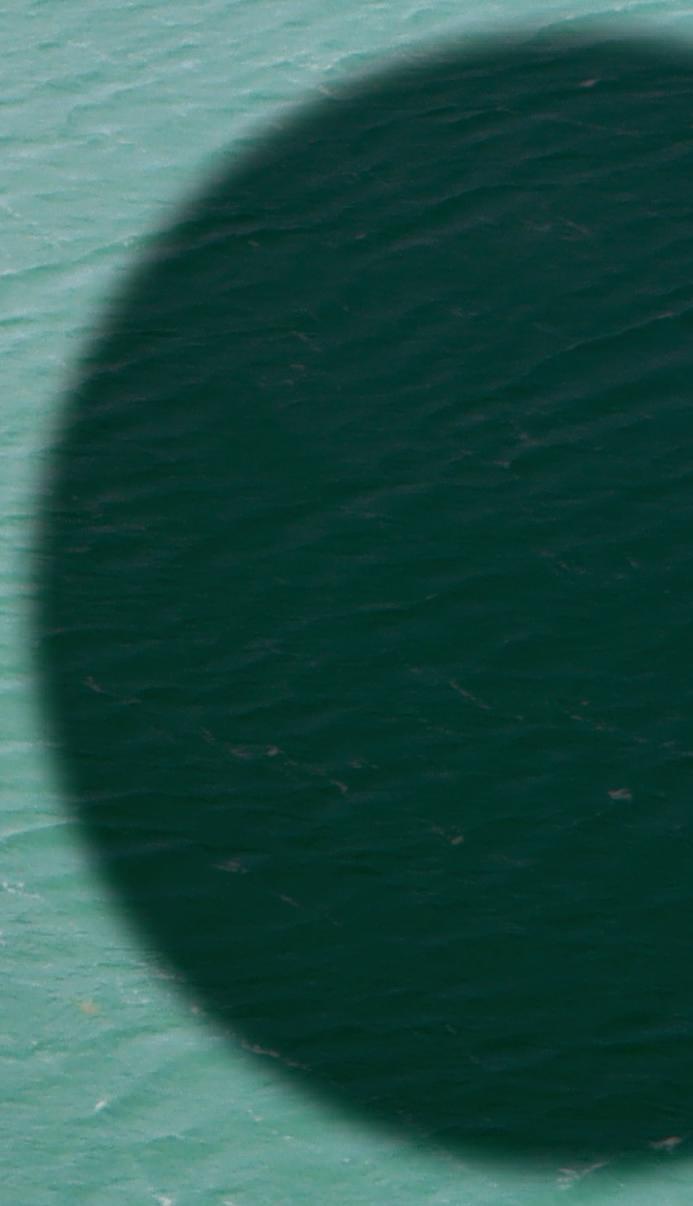

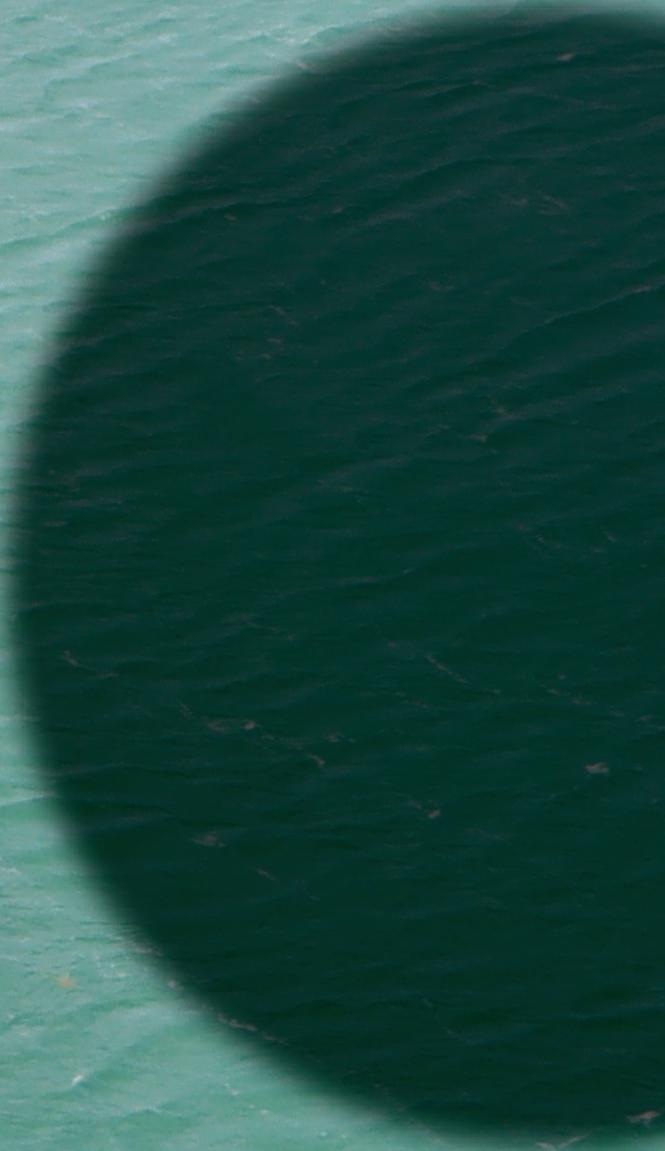


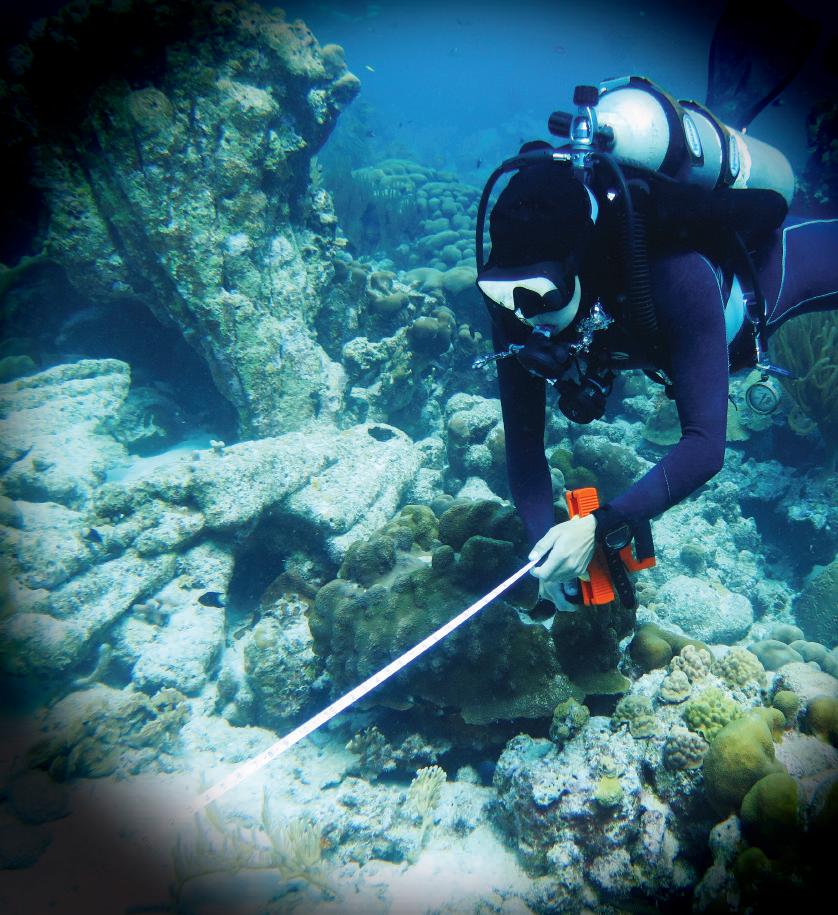



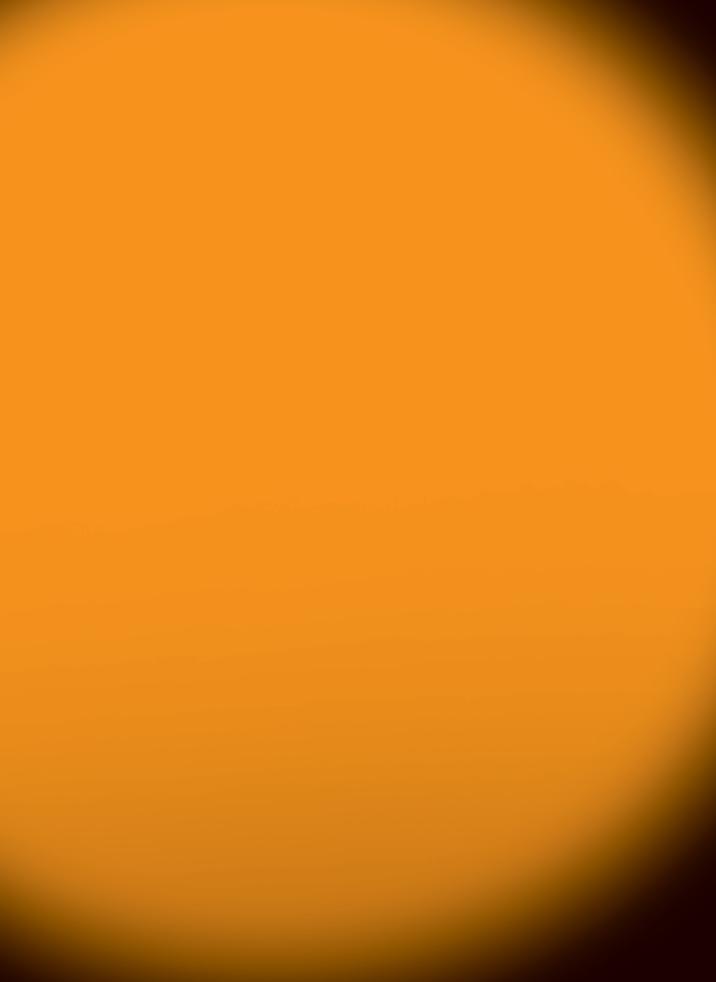











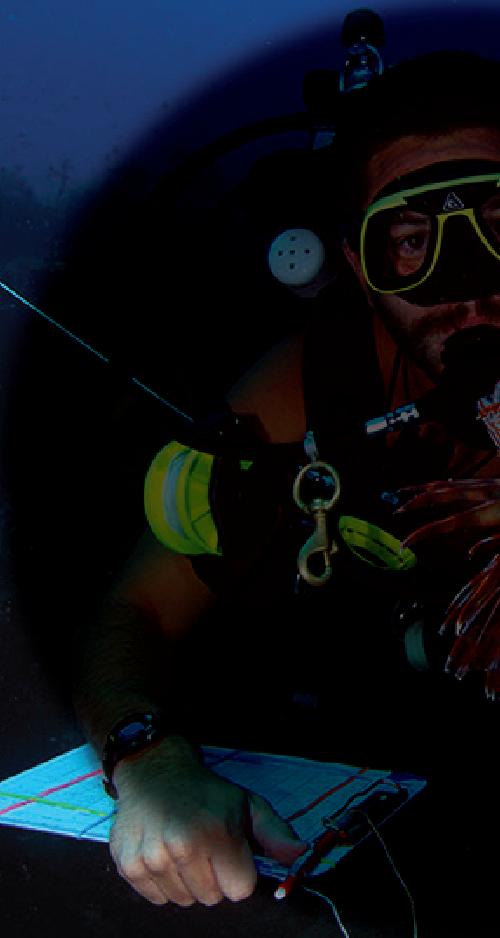






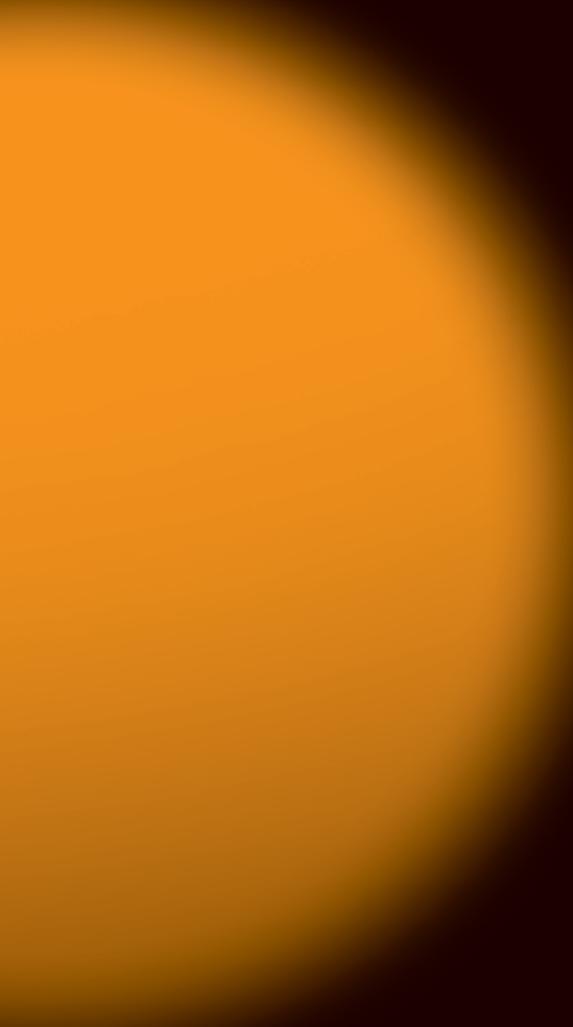


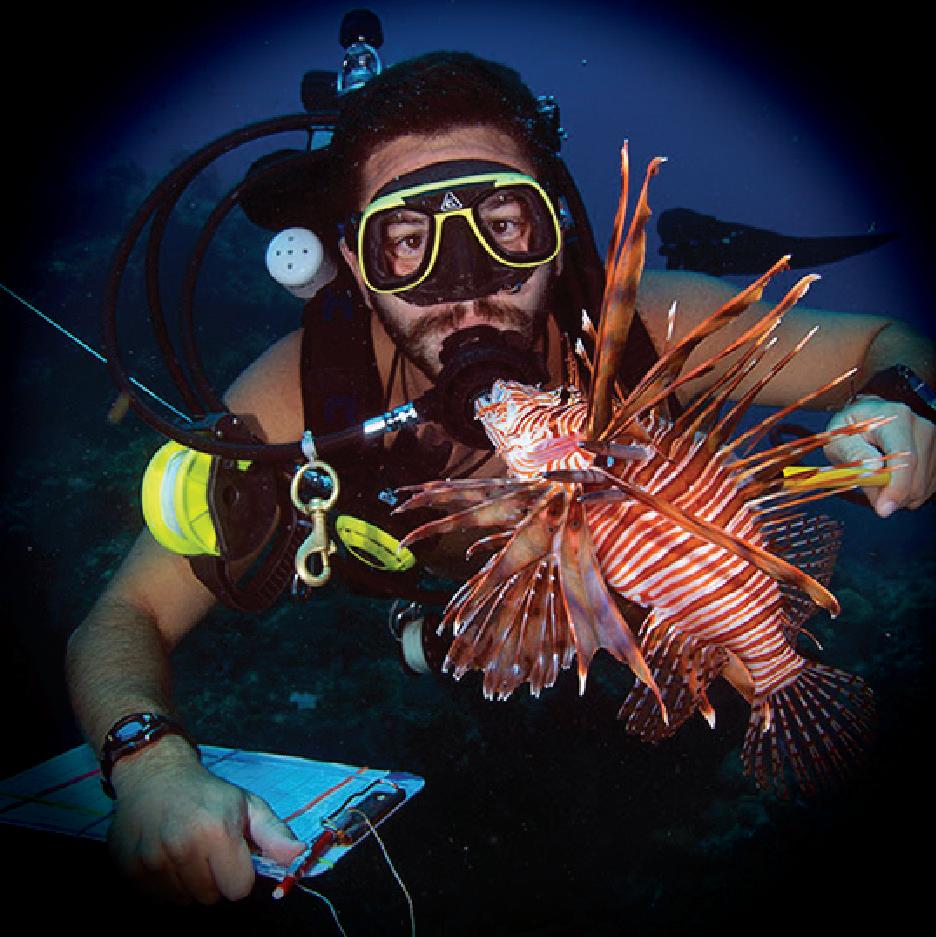























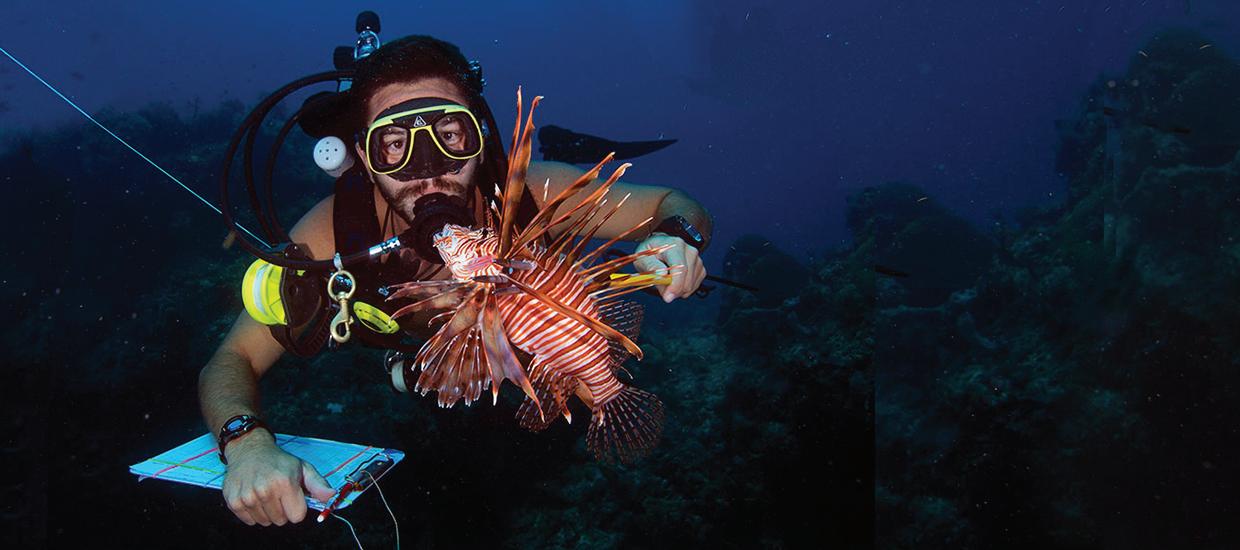



The Rosenstiel School’s undergraduate program offers both Bachelor of Science and Bachelor of Arts undergraduate degree options. The program curriculum includes sciences, mathematics, and liberal arts, allowing students to develop interests in and appreciation of the arts, humanities, and social sciences as well as the natural sciences. With six different majors – marine science, oceanography, marine biology and ecology, geological sciences, marine affairs, and meteorology – as well as various areas of specialization, you can customize your academic path to reflect your individual interests.
Since its founding in 1977, the University’s doublemajor marine science program has established itself as one of the top programs in the country. The interdisciplinary program deals with the study of the world’s oceans: their physical and biological constituents, the influence of oceanic resources on human society, and the conservation and future development of those resources. The breadth of the marine science major is complemented by depth in a required second major within one of the basic or applied sciences. Approved second majors are: biochemistry & molecular biology, biology, chemistry, computer science, geological sciences, mathematics, meteorology, microbiology & immunology, and physics.










































The marine biology & ecology bachelor of science degree is designed to give students a strong background in biology and quantitative skills, as well as research experience in biomedicine, genomics, evolution, physiology, microbiology, immunology, and ecology. The strength of the marine biology & ecology program is the opportunity for undergraduates to fully participate in research with marine biology and ecology faculty. These research opportunities provide skills to excel in medicine, graduate school, and other diverse fields.



















The marine affairs bachelor of arts degree is paired with a required minor in anthropology, economics, ecosystem science & policy, geography, international studies, Latin American studies, political science or an approved field within the Schools of Business Administration or Communication. This program is designed for students who wish to prepare themselves for graduate studies and careers in marine policy, political ecology, marine resource economics, management and conservation of marine resources, environmental impact analysis, marine cultural resources, marine anthropology, spatial planning, ocean and coastal law and policy.

The bachelor of science degree in oceanography provides a broad foundation in the basic sciences (mathematics, physics, chemistry and biology) and the ocean sciences (physical, chemical, and biological processes in the ocean) as well as elements of geological and atmospheric sciences. Students learn firsthand about instrumentation and methods to measure the oceans using both in-situ and space-based sensors, and about laboratory, analytical, and numerical models to understand oceanic processes. The program is ideal for students preparing for a technical career in government or private industry or who wish to continue with graduate studies in ocean science.





The bachelor of science in meteorology emphasizes a strong math and physics background for understanding the physical processes governing the motion and composition of the atmosphere. Faculty research strengths include hurricane research, tropical meteorology, air-sea coupling, cloud observations, climate, and climate change. An active student atmospheric science club facilitates group travel to conferences and local meetings with professionals. We are a leader in tropical meteorology because we can observe it firsthand. Hurricane research is based in the Miami area, a prime location in which to learn from the environment. Many students continue with graduate studies in atmospheric science, or pursue a technical career in government or private industry.























Geoscientists are caretakers of the Earth’s resources and environment. They work to understand natural processes on Earth and other planets. By applying knowledge of the physical, chemical and biological forces that shape the Earth, geoscientists seek to reconstruct the past and anticipate the future. Career opportunities are excellent, including the energy and mineral exploration industries, the environmental industry, and research and education in academia. We offer a bachelor of science degree, specifically designed to prepare students for graduate study and professional careers, as well as a bachelor of arts degree, designed for careers in education, business, law, or science journalism.
We offer PhD and MS degrees in six programs: atmospheric sciences, marine biology & ecology, environmental science & policy, marine geosciences, meteorology & physical oceanography, and ocean sciences.

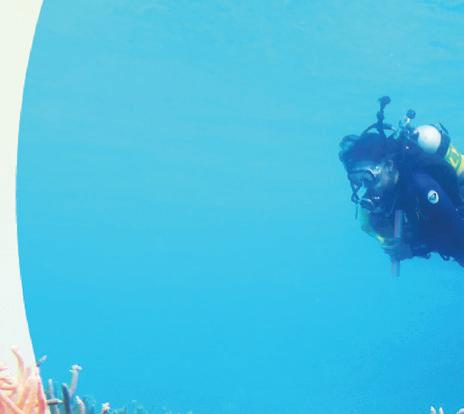

We provide highly competitive stipends, tuition and health insurance coverage for our incoming PhD students as part of a fully funded, five-year graduate assistantship. To take advantage of our unique interdisciplinary research facilities, we also offer MS degrees in ocean engineering, data science, climate & health, and sustainable business. Our graduate students also take advantage of nearby NOAA facilities including the Atlantic Oceanographic and Meteorological Laboratory (AOML), Southeast Fisheries Science Center, and the National Hurricane Center.
MS, PhD



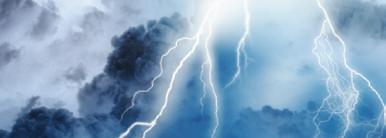
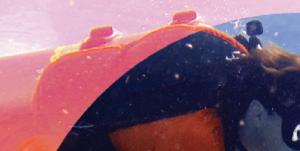
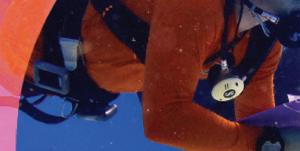
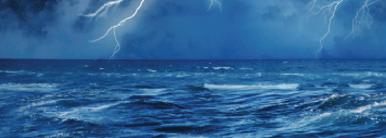
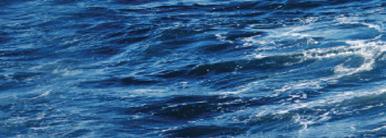
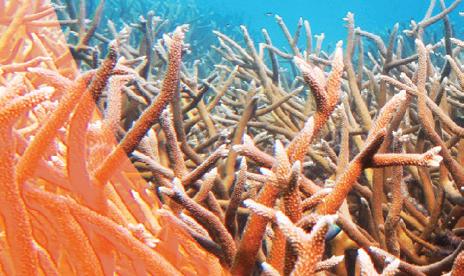


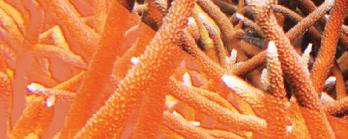



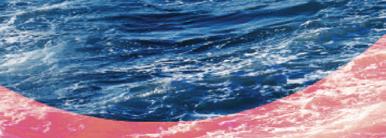




The atmospheric sciences department is designed to prepare students with the tools, training, and education necessary to tackle critical research problems. Miami is the perfect place to experience and investigate the tropical atmosphere in a changing climate. Our faculty are experts in a wide range of research areas, including tropical meteorology, climate dynamics, cloud and aerosol processes, and atmospheric chemistry. Their expertise and guidance and our world-class facilities prepare our students for successful careers in the atmospheric sciences and related fields.

MS, PhD
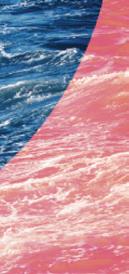







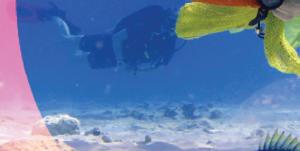



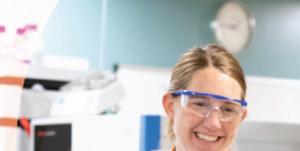






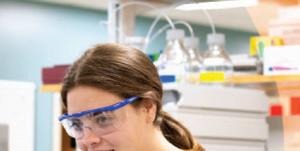





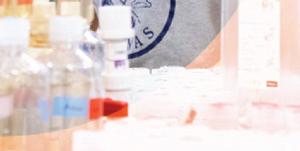
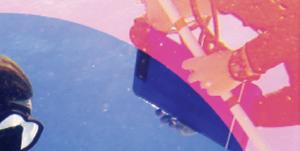

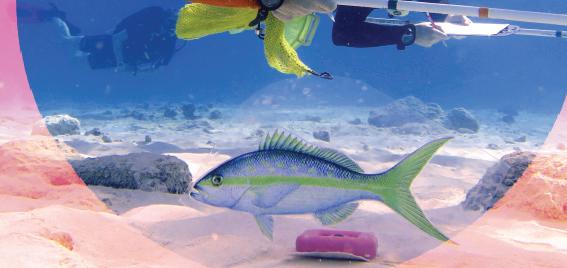

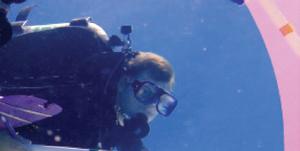






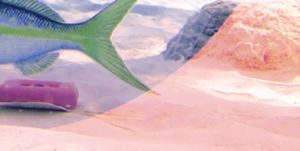
The marine biology & ecology department focuses on a wide range of field, laboratory, and theoretical coursework in a range of research areas, such as coral reef studies, biological oceanography, fisheries, aquaculture, genomics, and the physiology and behavior of marine animals. The department has many international collaborators participating in multi-institutional, multidisciplinary research programs. Graduate students can choose from a wide range of research areas and coursework taught by world renowned scientists studying corals and climate change, fisheries biology, and conducting biomedical research.
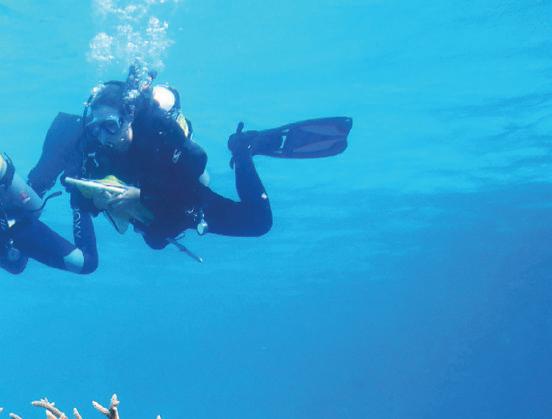


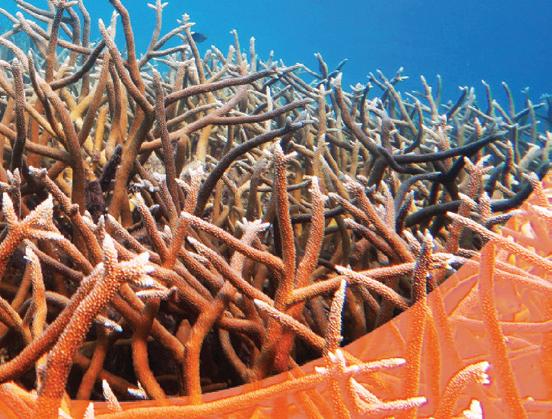




MS, PhD
Students enrolled in the environmental science & policy program work at the intersection of science and society, committed to assessing, managing, and conserving marine resources through innovation and research. The essence of this degree program lies in the diversity of our faculty and curriculum, fostering the interdisciplinary collaborations necessary to solve some of the world’s most challenging conservation issues. The goal of our program is to prepare students as future leaders in the fields of coastal zone management, ecosystem modeling and sustainability, exploration science, marine resource economics, ocean law and policy, shark ecology and conservation.

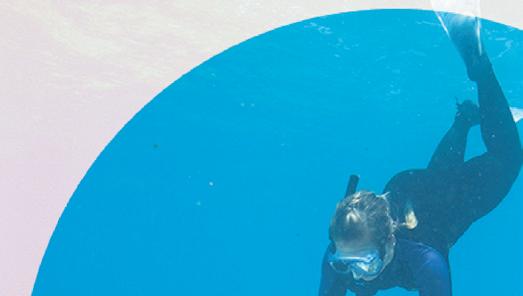
MS, PhD, and Certificate Program
MS, PhD
MS, PhD



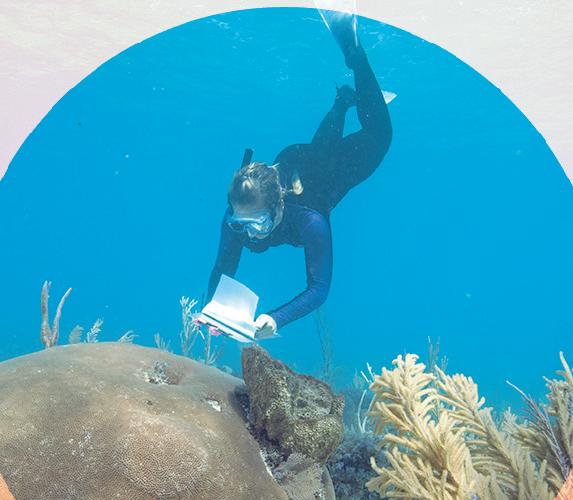



The marine geosciences department is focused on studying the geology, geophysics, and geochemistry of the Earth system beneath, within, and above the oceans. Students work closely with faculty at the forefront of research on earthquakes, volcanoes, plate tectonics, hydrothermal seafloor vents, and paleoclimate. The marine geosciences program also emphasizes interdisciplinary study where geological phenomena interact with or are influenced by processes generally studied in other disciplines, such as ocean currents, climate, and biological evolution. This research uses pioneering remote-sensing techniques to assess the Earth’s crustal movement and sedimentation in coastal zones.



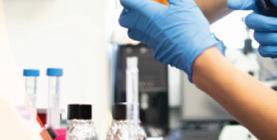









The meteorology & physical oceanography graduate program was founded on the premise that oceanic and atmospheric dynamics are governed by a set of similar physical principles, and that much insight can be gained by studying their dynamics from a common perspective. The program requires students to develop expertise in both systems, and prepares them to conduct research using a complementary set of theoretical, observational, and modeling approaches. The curriculum forms a strong foundation for research on a broad spectrum of topics that include air-sea interaction, the global thermohaline circulation, tropical cyclones, El Niño, the Madden-Julian oscillation, and the evolution of the Earth’s climate.
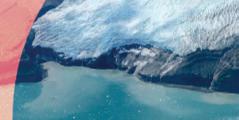
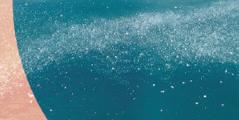






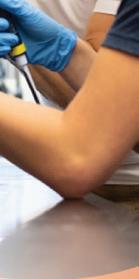








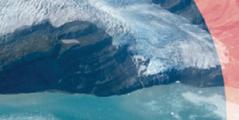



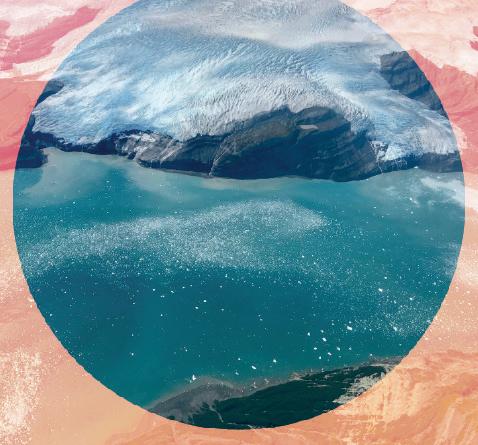


The mission of the ocean sciences department is to provide our students with specialized knowledge in important ocean science subdisciplines as well as a broad understanding of the ocean as a key component of the Earth system. Our students focus on research concentrations in air-sea interaction & remote sensing, marine biogeochemistry, marine biophysical interactions, and ocean dynamics. Students learn firsthand about instrumentation and methods to measure the ocean using both in-situ and space-based sensors, and about laboratory, analytical, and numerical models to understand oceanic processes. Our graduates develop into international leaders of ocean research, teachers and communicators of ocean sciences, and leaders and advisors of marine education, policy, and conservation.


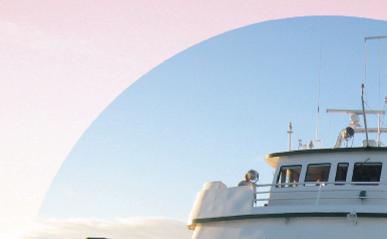
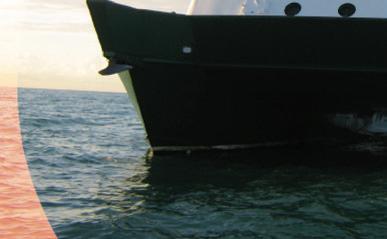



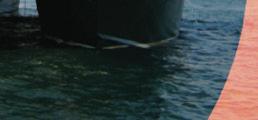



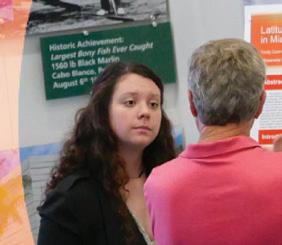
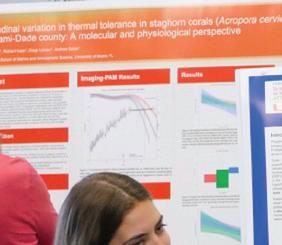
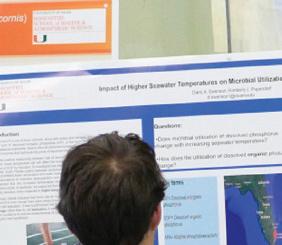


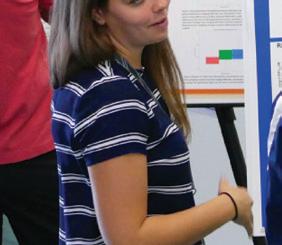
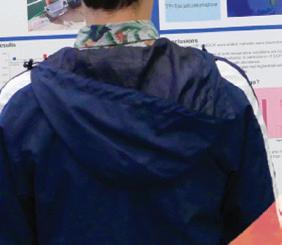














The Master of Professional Science (MPS) is an accelerated, flexible graduate degree intended for students who want to generate innovative solutions to marine, coastal, and climate-related issues. Students enrolled in this program are exposed to a unique multidisciplinary curriculum, including science theory, field and laboratory training, legal and regulatory knowledge, communication and media training, and the development of project management skills, designed to prepare them to address environmental challenges as future global leaders.
Remote sensing enables researchers to acquire high-resolution satellite imagery and obtain near-real time measurements, including sea surface temperature, currents, wind speeds, and more. The Applied Remote Sensing track provides students with theoretical knowledge and practical experience in active and passive remote sensing techniques. The curriculum prepares students for careers in government agencies, research institutions, and the private sector, which have a growing demand for specialists who understand how to obtain and process satellite data.
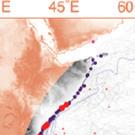
Aquaculture is one of the fastest growing sectors of food production, providing over 50% of the seafood for human consumption. Students in the Aquaculture track learn innovative approaches to address the important issues that shape the future of sustainable and economically viable aquaculture practices. The coursework combines extensive laboratory training with substantial hands-on experiences at the University of Miami Experimental Hatchery, working with broodstock, spawning, larval rearing, and more.

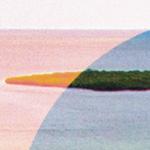
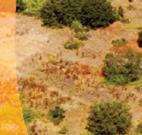

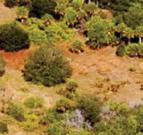
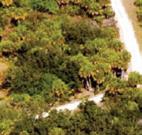

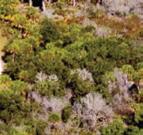
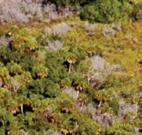
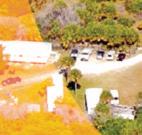
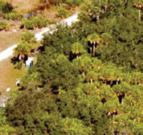
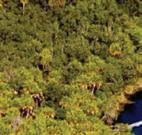
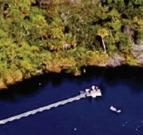

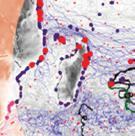


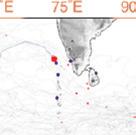


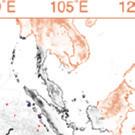
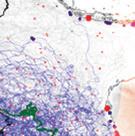

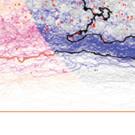



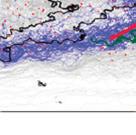



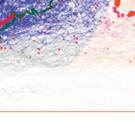


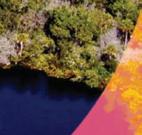




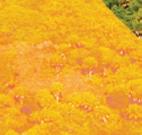



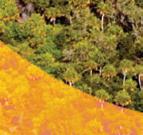
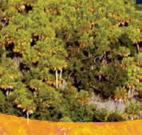




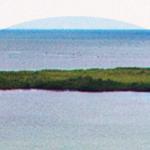




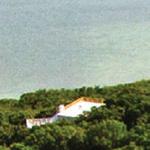
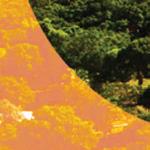



Climate change, rising sea levels, and extreme weather events pose crucial challenges for science and society. The Climate & Society track focuses on the relationship among weather, climate, and societal impacts and responses. Students receive training in a full range of topics to develop skills needed for careers bridging climate science and policy. These skills have applicability across diverse fields such as climate adaptation and mitigation, carbon removal, and solar radiation management.
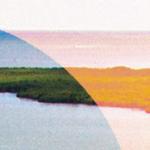




The Broadcast Meteorology track prepares students for on-camera and behind-the-scenes careers in science journalism. The curriculum integrates coursework in broadcast journalism with advanced courses in meteorology which meets the requirements of the American Meteorology Society Certification for Broadcast Meteorology. Students develop their skills in communication, computer graphics, on-camera delivery, and other areas vital to a successful career in broadcasting.

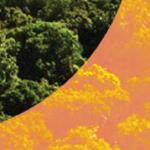


The coastal zone, comprising nearshore waters and lands, represents some of the most fragile habitats on the planet. The Coastal Zone Management track offers a multidisciplinary approach to addressing the issues faced by these coastal areas. Students in this track explore a broad variety of topics ranging from coastal fisheries management and tourism development to port management and environmental impact assessment.
Environmental geoscientists collect and analyze air, water and soil samples to prevent, control, or fix environmental problems. The Environmental Geology track combines theoretical knowledge of geology with technical training to address the impacts and mitigation of chemical pollution and coastal erosion due to sea level rise. In this track students receive advanced training both in the field and in the lab to identify, control, and eliminate geologic hazards.


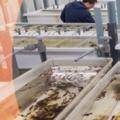


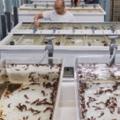

The Marine Conservation track provides students with advanced training in both the theoretical aspects of marine science and conservation, as well as the practical aspects required to begin a career in this field. Students design a curriculum that emphasizes their personal goals and interests, while focusing on innovative solutions to current marine and coastal ecosystem threats. The goal of the track is to advance conservation efforts, scientific literacy and communication, public outreach and integration, and education within the marine realm. Students in this track can do research from sharks to sea turtles and debris-free oceans to outreach and education.


The University of Miami School of Law and the Rosenstiel School of Marine, Atmospheric, and Earth Science offer a joint degree program in law and any of the following MPS tracks: Aquaculture, Coastal Zone Management, Marine Conservation, or Climate & Society. An applicant must notify both schools that they are applying for the joint JD/MPS program and, in order to remain in the joint program, must meet the minimum standards of both schools.
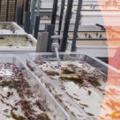








Exploration science is the applied practice and study of field research using a wide variety of methods, technologies, and approaches to drive question-based scientific endeavors. The Exploration Science track immerses students in citizen science project design, exploration technology applications, and fieldbased skills training. Students will be able to tailor their degree to best fit their interests and will be prepared to lead professional exploration initiatives and expeditions in a variety of environments.
Fisheries scientists help protect marine resources by studying and modeling the natural and humandriven processes that regulate marine ecosystems. The Fisheries Management & Conservation track allows students to develop the professional skills required to be a scientist supporting marine resource management with curriculum focusing on fishery and protected resources management, fisheries assessments, and quantitative ecology.




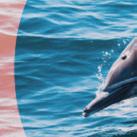

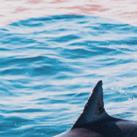
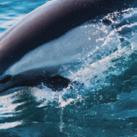


Nearshore benthic ecosystems such as coral reefs, seagrasses and mangroves are facing unprecedented threats due to climate change and human activity. The Tropical Marine Ecosystem Management track prepares students to help confront these threats with advances training in nearly all aspects of tropical marine ecology. Students receive training in field methods and techniques, Geographic Information Systems, scientific diving and small boat handling.


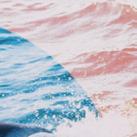

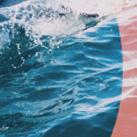
Marine mammal conservation has advanced significantly in recent years thanks to a greater understanding of marine mammal biology, psychology, and diagnostic methods. The Marine Mammal Science track is one of the select programs in the nation that prepares students for employment in marine mammal management, pollution assessments, acoustics, and care.




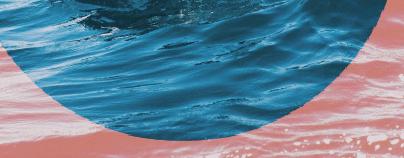
Weather forecasting provides crucial information to the public as well as supporting consumers across a wide variety of weather-dependent activities and industries. The Weather Forecasting track provides advanced training in applied weather forecasting. The curriculum allows students to develop skills in various areas of service offered by the National Weather Service, including severe weather, marine and aviation forecasts, hydrology, and tropical cyclone forecasting.
Society is experiencing more frequent natural catastrophes as many of these disasters are exacerbated by the Earth’s rapidly changing climate. The Natural Hazards & Catastrophes track provides students with comprehensive training to assess risks and exposures associated with hazards such as hurricanes, storm surge, volcanic eruptions, wildfires and earthquakes. The curriculum provides students with a necessary understanding of atmospheric, oceanic, and geological earth system natural hazards.
The Rosenstiel School’s Outreach Program works in tandem with faculty to bridge the University to the general public and all of the communities of South Florida.
Outreach at the Rosenstiel School aids faculty and students with science proposals and with synergetic partnerships with science museums and South Florida school districts.

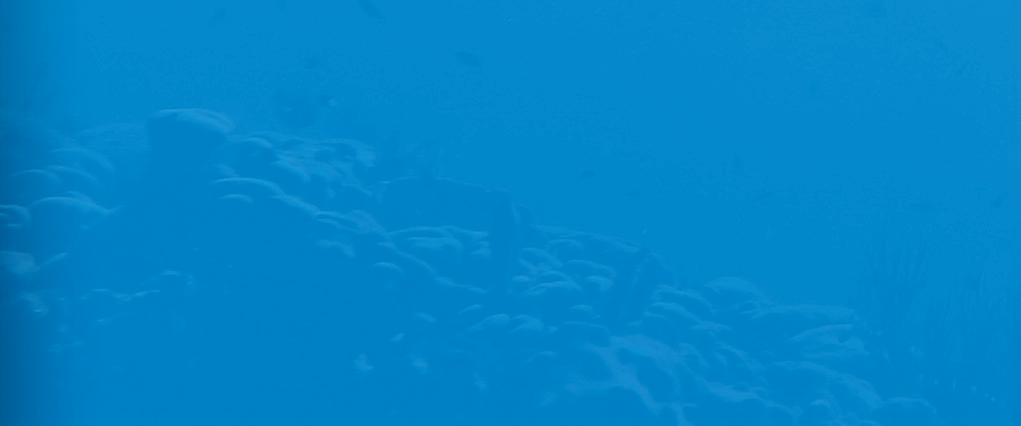
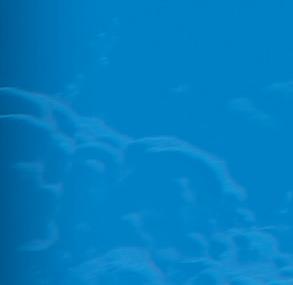

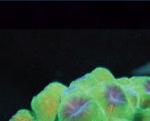
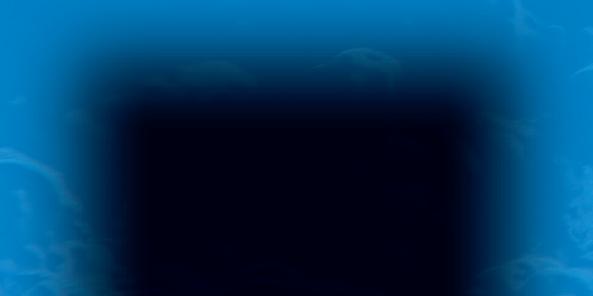
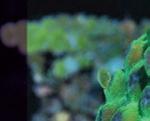
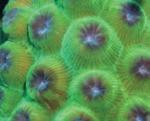
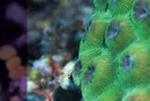

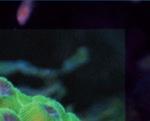
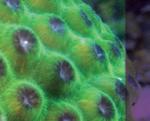

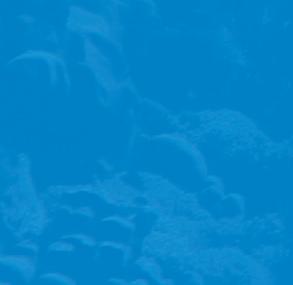
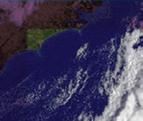

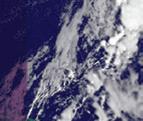

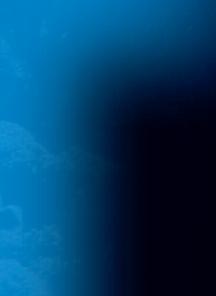
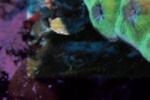
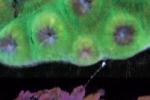
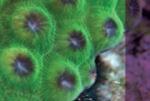
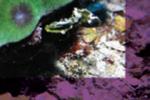
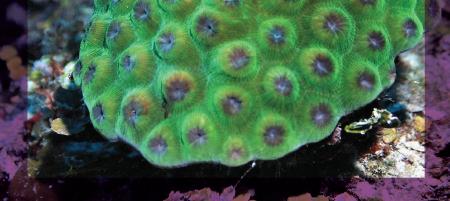


The University of Miami Rosenstiel School’s coral conservation program is designed to build community and coastal resilience through coral reef research, restoration, and citizen science. Rescue a Reef hosts field expeditions led by our University of Miami coral researchers that provide a unique, hands-on educational opportunity for recreational SCUBA divers and snorkelers from the community to participate directly in coral restoration efforts.
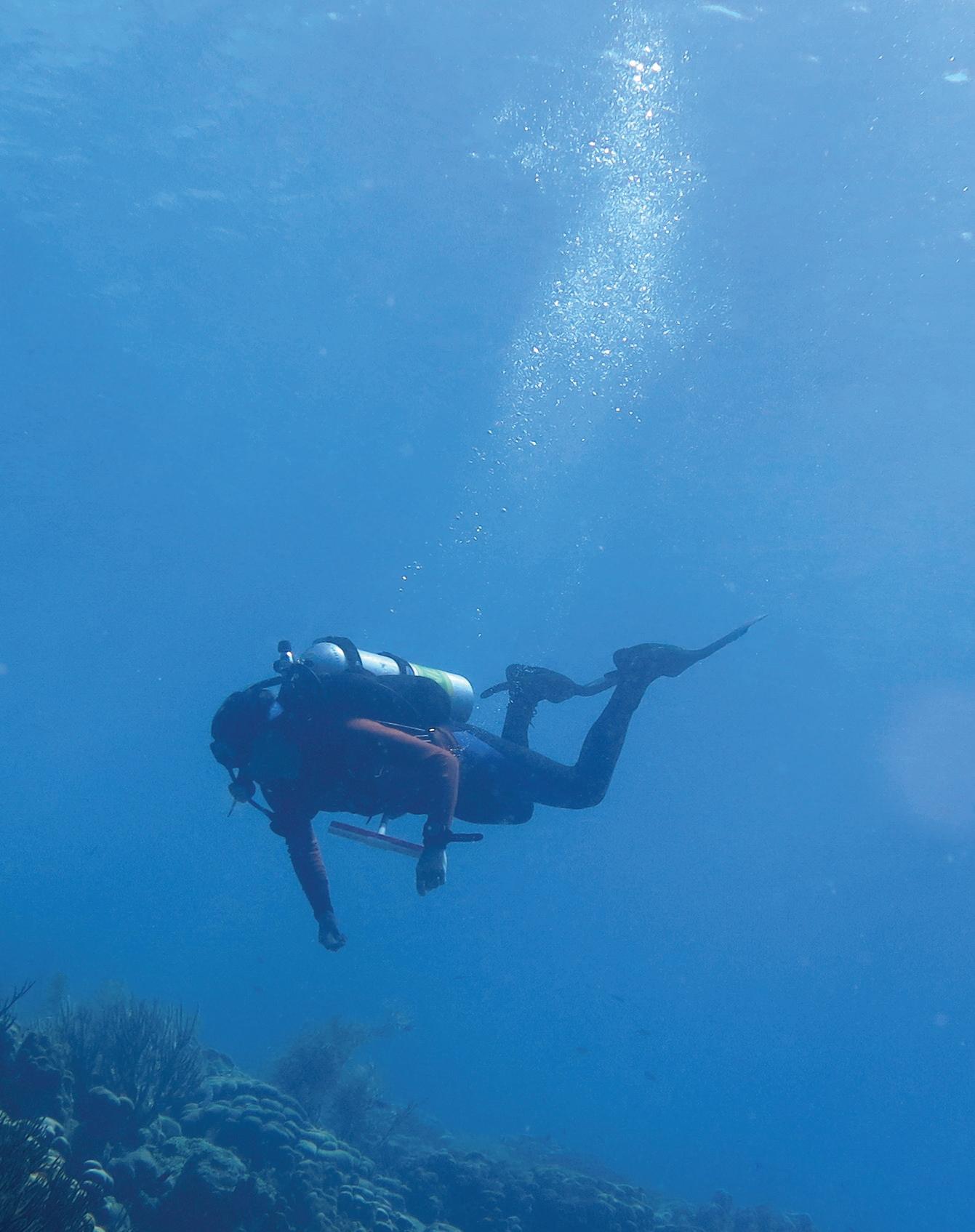
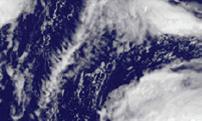

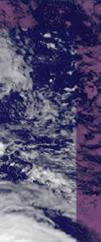





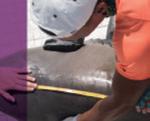


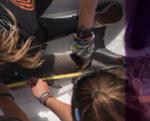


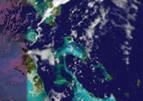
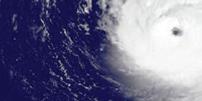



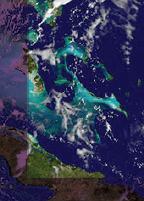





The Rosenstiel School’s ‘Canes on Canes team has developed a series of presentations to help educate the public about the science of hurricanes and hurricane preparedness. The content is informative, thorough, and can be tuned to a specific audience or allotted time. Presentations have been done on the science of hurricane prediction, common hurricane misconceptions, forecast cone information, and what happens underwater during a hurricane.









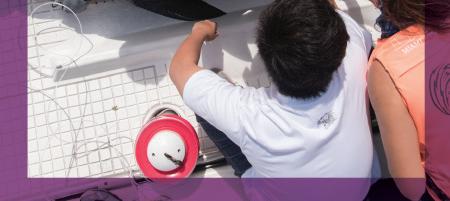
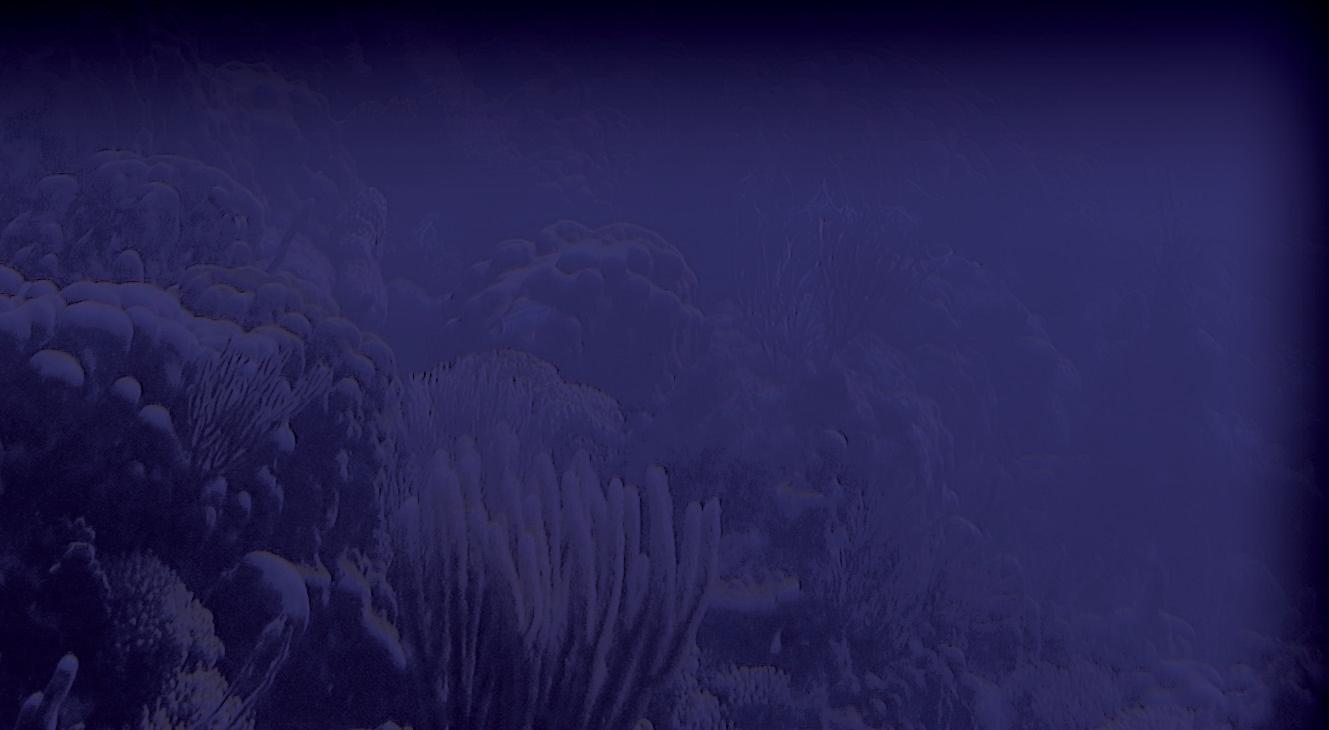
Every year, the Shark Research and Conservation lab brings out thousands of people on our research boats to survey, sample, tag, and study sharks. Opportunities are especially made available for underserved populations in the sciences, such as our Females In Natural Science (FINS) program. To impact an even larger audience from across the globe, the lab continues to use a variety of online education tools, including social media, blogs, educational videos, and online curricula.
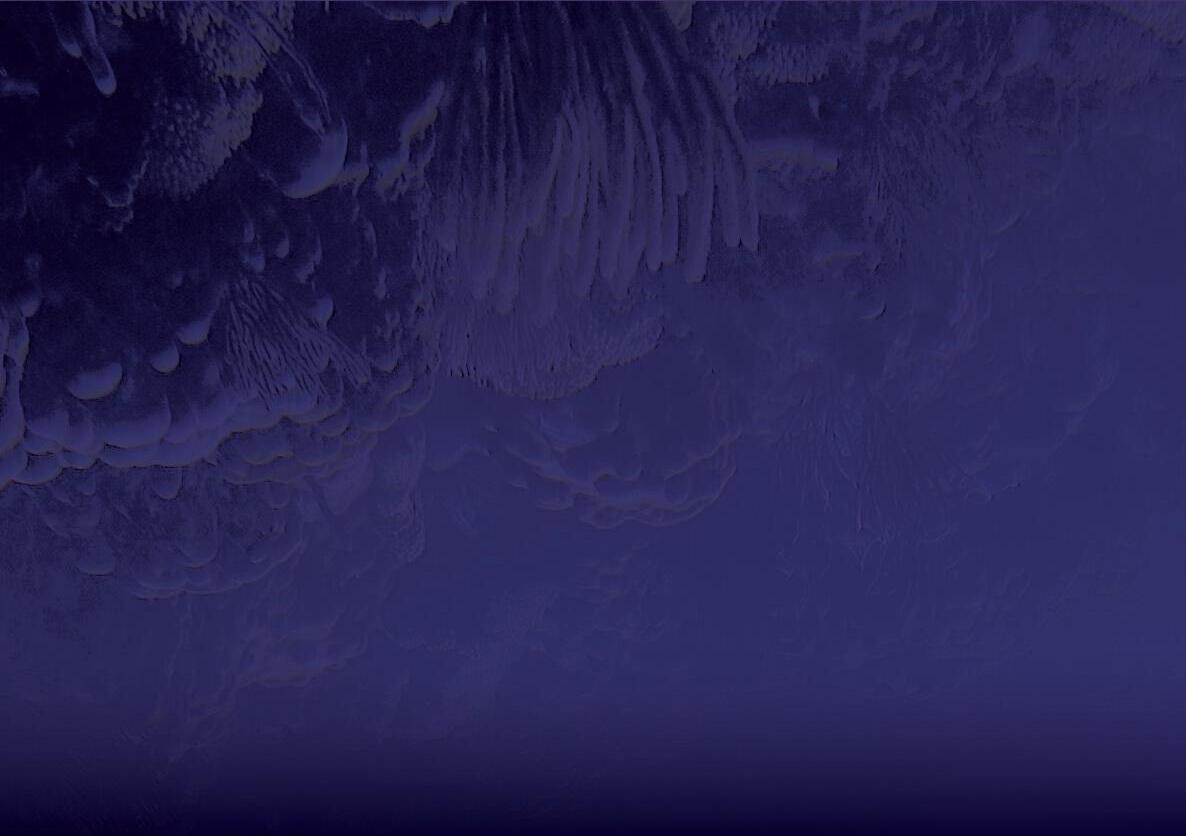


DEADLINES:
• Early Decision I applications (binding) are due November 1, with admission notification in late December.
• Early Action applications (non-binding) are due November 1, with admission notification in late January to early February.
• Early Decision II applications (binding) are due January 1, with admission notification in mid-late February.
• Regular Decision applications (non-binding) are due January 1, with admission notification in early April.

*The University of Miami is test-optional for applicants through the Fall 2025 semester.
DEADLINES:
• PhD/MS: December 1 (priority) January 8 (regular)
• MPS: rolling admissions, September 1 - June 1 (earlier applicants often have a higher chance of admission to the most competitive tracks)
*Prospective students can apply for multiple Rosenstiel School degrees (PhD/MS/MPS) on one graduate application. If you wish to learn more about the graduate application process, we encourage you to schedule a virtual information session on our website: graduate.earth.miami.edu
APPLICATION MATERIALS REQUIRED:
• Online application
• Transcripts from all institutions in which a degree(s) was awarded and a transcript evaluation (for non-U.S. academic institutions)

MASTER OF PROFESSIONAL SCIENCE PREREQUISITES
MARINE BIOLOGY AND ECOLOGY (MBE) TRACKS
Aquaculture
Fisheries Management & Conservation
1. Bachelor of Science degree (BS) or Bachelor of Arts degree (BA)
Marine Mammal Science
Tropical Marine Ecosystem Management
1. Bachelor of Science degree (BS) or Bachelor of Arts degree (BA)
2. One year of general biology + general biology labs
3. One year of general chemistry
4. At least one semester in calculus. 9 additional credits in natural science
ENVIRONMENTAL SCIENCE AND POLICY (EVR) TRACKS
Coastal Zone Management
Exploration Science
Marine Conservation
1. Bachelor of Science degree (BS) or Bachelor of Arts degree (BA)
ATMOSPHERIC SCIENCES (ATM) TRACKS
Broadcast Meteorology
1. Bachelor of Science degree (BS) or Bachelor of Arts degree (BA). One year of calculus and a minimum of 12 credits in natural science strongly recommended
Climate & Society
1. Bachelor of Science degree (BS) or Bachelor of Arts degree (BA)
Weather Forecasting
• Three letters of recommendation
• TOEFL, IELTS, or Duolingo scores (for international applicants)
• Graduate Record Examination (GRE) scores are not required, but may be submitted optionally.
Undergraduate:
Financial aid consideration is for both merit-based scholarships and need-based aid. For need-based aid consideration submit the FAFSA and CSS Profile. Check the financial aid website for more information and deadlines at finaid.miami.edu.
All graduate:
https://graduate.earth.miami.edu/admissions/financial-aid/ index.html
Financial Assistance for MPS:

https://mps.earth.miami.edu/our-students/financing-youreducation/index.html
1. Undergraduate degree in meteorology that meets or is consistent with the American Meteorological Society standards for a BS in meteorology
OCEAN SCIENCES (OCE) TRACKS
Applied
Remote Sensing:
1. Bachelor of Science degree (BS) in mathematics, physics, geosciences, engineering, or an equivalent degree
2. Successful completion of the following (or equivalent) undergraduate courses: calculus, statistics, physics, computer programming (Matlab, IDL, C, or Fortran)
Natural Hazards and Catastrophes:
1. Bachelor of Science degree (BS) or Bachelor of Arts degree (BA)
2. At least one of the following: one semester of statistics or calculus or 6 credits in geoscience
NOTE TO STUDENTS: Deficiencies in required coursework may be considered on a case-by-case basis for otherwise highly qualified students or those demonstrating experience with these skills.
No matter what you choose to study at the Rosenstiel School of Marine, Atmospheric, and Earth Science, your education will be comprehensive, hands-on, and transformative. The Rosenstiel School has a program to match your interests, and you may choose options to expand your abilities across all fields. As a member of a major research university, students may choose from several crossdisciplinary tracks.
Number of undergraduate students
Number of Staff
Number of Graduate students
Number of Faculty
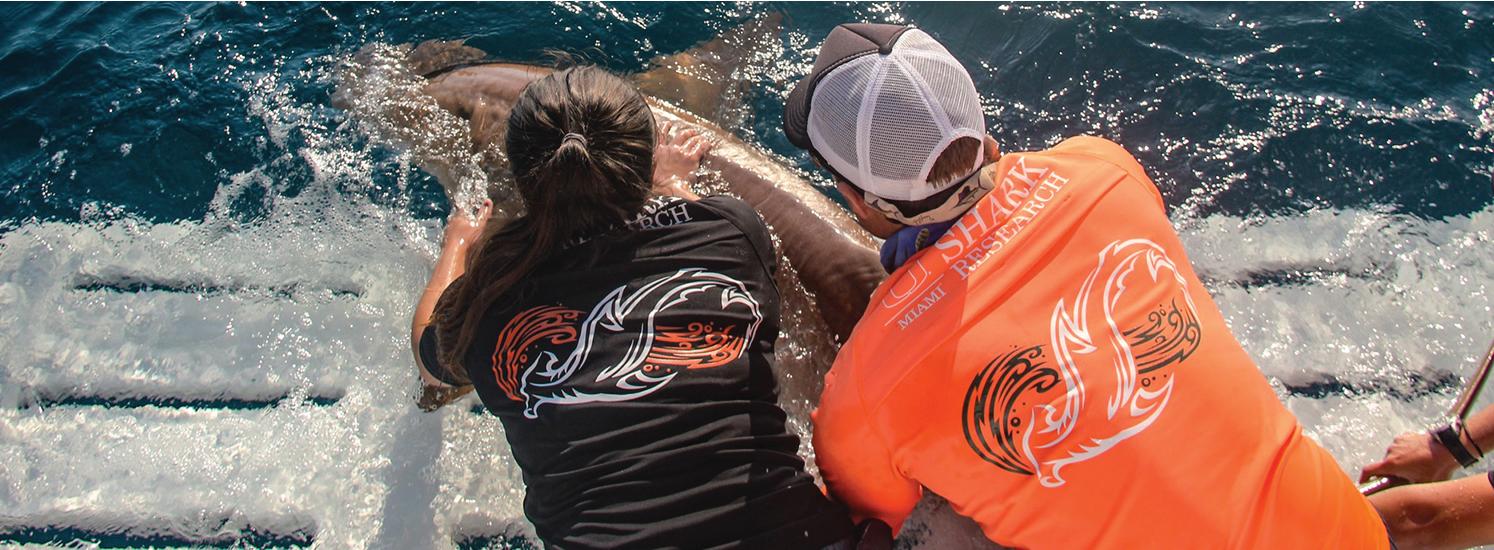
@miamirosenstiel
Follow us on social media to keep up with our latest research!
@University of Miami Rosenstiel School of Marine Atmospheric and Earth Science 540
@RosenstielSchool
@MiamiRosenstiel
Department of Atmospheric Sciences
Meteorology
Department of Atmospheric Sciences
Atmospheric Science
Weather Forecasting
Climate and Society
Weather Forecasting
Broadcast Meteorology
Climate and Society
Department of Marine Biology and Ecology
Marine Biology and Ecology
Department of Marine Biology and Ecology
Marine Mammal Science
Marine Biology and Ecology
Tropical Marine Ecosystem Management
Marine Mammal Science
Department of Marine Ecosystems and Society
Tropical Marine Ecosystem Management
Marine A airs
Department of Environmental Science and Policy Marine Affairs
Marine Ecosystems and Society
Marine Ecosystems and Society
Aquaculture
Coastal Zone Management
Exploration Science
Aquaculture
Coastal Zone Management
Exploration Science
Fisheries Management
Fisheries Management
Marine Conservation
Marine Conservation
Environmental Geoscience
Department of Marine Geosciences
Department of Marine Geosciences Environmental Geology
Geological Sciences
Marine Geosciences
Applied Carbonate Geology
Department of Ocean Sciences
Department of Ocean Sciences Oceanography
Oceanography
Ocean Sciences
Marine Science Double Major
Sciences
Marine Science Double Major
Applied Remote Sensing
Applied Remote Sensing
Natural Hazards and Catastrophe
Natural Hazards and Catastrophes
Meteorology and Physical Oceanography
Meteorology and Physical Oceanography
Meteorology and Physical Oceanography
Meteorology and Physical Oceanography
Collaboration with Other Schools and Colleges
Collaboration with Other Schools and Colleges Ocean Engineering
Ocean Engineering
Juris Doctorate/Master of Professional Science
Juris Doctorate/Master of Professional Science
Climate & Health
